
EchoLeak serves as a critical reminder for executives about the security risks associated with AI technologies, particularly how generative AI and large language models (LLMs) can unintentionally expose sensitive data. Companies like Microsoft, which incorporate AI into products like Copilot for enhanced productivity, must prioritize robust security measures to mitigate potential data leaks and maintain trust in AI capabilities.
Read more
Free eBooks on Natural Language Processing with Python and Microsoft 365 Copilot at Work are highlighted as valuable resources for understanding how AI tools can enhance productivity and decision-making in enterprises. Key examples include Microsoft 365 Copilot, which utilizes generative AI and large language models (LLMs) to assist users in applications like Word and Excel, streamlining tasks such as document drafting and data analysis.
Read more
The article emphasizes the importance of hands-on experience in artificial intelligence education, encouraging individuals to brainstorm and plan their first AI class by focusing on practical applications. It highlights the significance of tools like Microsoft Copilot, which leverages advanced technologies such as natural language processing and machine learning to enhance productivity in companies like GitHub and Microsoft 365, enabling users to utilize generative AI effectively in their workflows.
Read more
Merritt Sears, leading the technology and AI strategy at MassMutual, emphasizes the integration of AI to enhance customer service and streamline operations, notably through personalized financial guidance powered by advanced machine learning and natural language processing techniques. By leveraging Microsoft Copilot’s generative AI capabilities, MassMutual aims to revolutionize customer interactions and optimize internal processes, positioning the company at the forefront of innovation in the insurance industry.
Read more
Insurance companies are grappling with the challenge of balancing speed and accuracy in claims processing, especially as they adopt Artificial Intelligence (AI) and Machine Learning (ML) technologies to enhance efficiency. The integration of generative AI tools, like Microsoft Copilot, is being explored to streamline operations and improve decision-making, with organizations like Progressive leveraging these advancements to optimize underwriting and risk assessment processes.
Read more
Lawyers can leverage AI technologies like Microsoft Copilot to enhance their efficiency and productivity without causing disruption, with tools that integrate into existing workflows to streamline tasks. Firms such as Allen & Overy are using AI for document analysis and drafting, allowing lawyers to focus on more complex legal work while maintaining high-quality service to clients.
Read more
Microsoft showcased its advancements in Agentic AI at the TM Forum Digital Transformation World event, emphasizing its potential to transform telecommunications by integrating AI capabilities into service delivery and customer interactions. Key applications include enhanced customer service through Natural Language Processing (NLP) and streamlined operations for companies like AT&T and Telstra, leveraging AI to enable more personalized and efficient user experiences.
Read more
Microsoft 365 Copilot is now integrated into OneNote for Windows, enhancing productivity by utilizing AI to assist users in organizing and summarizing notes. This feature employs natural language processing and can generate content from various inputs, streamlining tasks for professionals and making note-taking more efficient.
Read more
A recently discovered zero-click vulnerability in Microsoft Copilot highlights significant security risks associated with AI agents and their reliance on real-time data. This flaw raises concerns for organizations using Microsoft Copilot, which leverages machine learning and natural language processing to assist in tasks, potentially exposing sensitive information without user interaction.
Read more
Microsoft Copilot leverages advanced AI technologies, including Natural Language Processing and Machine Learning, to increase productivity by making applications more intuitive and responsive to user needs. Companies like Accenture are using Microsoft Copilot to enhance customer service and streamline workflows, allowing users to interact with software using natural language, thus improving efficiency and reducing time spent on routine tasks.
Read more
JLL and Microsoft are collaborating to integrate OSIS and Places Technologies, leveraging artificial intelligence and machine learning to enhance indoor mapping and streamline management in hybrid workplaces. This partnership aims to improve efficiency in real estate management, enabling companies to better utilize space and optimize employee experiences through technology-driven insights.
Read more
Microsoft Copilot has introduced a range of AI-driven features across its suite of products, enhancing productivity through capabilities like summarization, text generation, and data insights powered by Natural Language Processing (NLP) and Large Language Models (LLMs). Consumers, including companies using Microsoft 365 tools, can leverage these features to streamline workflows; for instance, users can generate reports from Excel data or create presentations in PowerPoint using Copilot's generative AI functionalities.
Read more
Microsoft Copilot, powered by advanced AI technologies, enhances productivity across various industries by integrating seamlessly with familiar tools like Word, Excel, and PowerPoint. Companies leveraging Copilot, such as Accenture and SAP, benefit from its capabilities in natural language processing and data visualization, allowing users to automate tasks and generate insights efficiently.
Read moreMicrosoft Copilot integrates advanced AI tools into productivity applications like Word and Excel, leveraging natural language processing to enhance user experience by enabling smarter document creation and data analysis. Unlike ChatGPT, which is a standalone conversational AI model, Copilot combines generative AI capabilities with specific functionality tailored for enterprise tasks, making it particularly appealing for companies seeking to optimize workflows and efficiency.
Read more
AWS has introduced its Managed Compute Power (MCP) servers aimed at enhancing AI-assisted application development, designed to significantly improve processing power for Machine Learning and Deep Learning tasks. This initiative positions AWS as a key player in providing infrastructure that supports advanced technologies like Natural Language Processing and Computer Vision, directly benefiting companies leveraging Microsoft's Copilot products, which automate tasks and streamline workflows in various industries.
Read more
The integration of AI technologies, such as machine learning and natural language processing, into software development is transforming code quality and debugging practices, as seen with tools like Microsoft Copilot, which leverages generative AI to assist developers in writing and troubleshooting code. Companies adopting Microsoft Copilot report enhanced productivity and accuracy, illustrating how AI can streamline workflows in environments like GitHub, where AI-driven suggestions improve coding efficiency and reduce time spent on manual error-checking.
Read more
AU10Tix has been recognized by Microsoft as a key provider for AI agents integrated within Microsoft Copilot, leveraging artificial intelligence to enhance user interactions and automate processes. This collaboration highlights the increasing importance of AI, particularly in document verification and identity management, improving efficiency and accuracy for companies utilizing Microsoft Copilot solutions.
Read more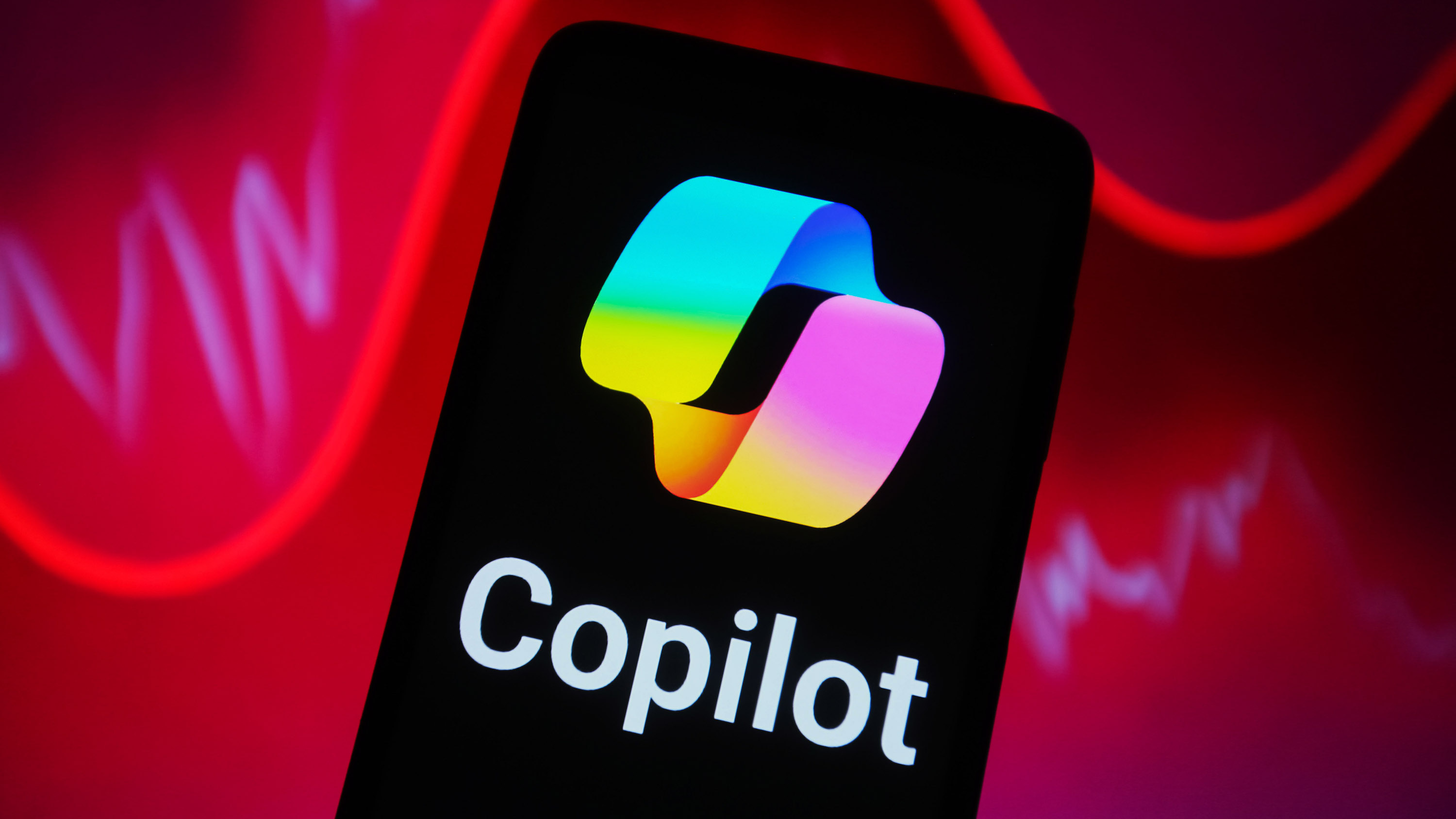
Microsoft Copilot's default settings inadvertently allowed users to be vulnerable to a zero-click AI attack, highlighting risks in AI-driven tools meant for enhancing productivity. This incident showcases the importance of robust security measures in AI applications and raises awareness among companies that utilize Copilot, such as those integrating generative AI and machine learning in their workflows.
Read more
A comprehensive ranking of free AI tools for 2025 highlights key platforms including Microsoft's Copilot, which utilizes Natural Language Processing (NLP) to enhance productivity across various industries by integrating seamlessly into applications like Word and Excel. Other notable tools include Google Bard for text generation and ChatGPT for conversational AI, helping companies to streamline workflows and improve communication.
Read more
Search interest in DeepSeek has surged as users seek alternatives to ChatGPT following its crash, indicating a growing demand for reliable AI solutions. Companies like Microsoft are enhancing their Copilot products by integrating advanced capabilities in natural language processing and generative AI, helping businesses streamline operations and improve productivity amidst these challenges.
Read more
ChatGPT maintains a significant lead over its AI competitors in Ireland, particularly in the areas of Natural Language Processing and Generative AI, with widespread adoption by enterprises for applications such as customer service and content creation. Companies leveraging Microsoft Copilot, which integrates AI capabilities into tools like Microsoft 365, are finding enhanced productivity and efficiency, as seen in organizations implementing Microsoft Excel and Word features that utilize advanced machine learning to optimize tasks.
Read more
Investing in artificial intelligence is becoming increasingly attractive, with notable areas including generative AI and natural language processing, particularly within the Microsoft ecosystem. Companies leveraging Microsoft Copilot, such as GitHub for code generation and Microsoft 365 products for automation and efficiency, exemplify the transformative potential of AI technologies across industries.
Read more
Cognizant and ServiceNow have partnered to create an integrated platform that leverages artificial intelligence to enhance IT, HR, and customer service functions, streamlining operations for companies. The collaboration emphasizes the deployment of AI tools, enabling organizations to centralize their service functions and improve efficiency, ultimately benefiting consumers by enhancing service delivery and responsiveness.
Read more
CrowdStrike's Falcon platform has integrated runtime defense capabilities to protect NVIDIA's large language models (LLMs) from potential threats, enhancing security for AI applications. This partnership illustrates the increasing importance of cybersecurity in the deployment of generative AI technologies within enterprise environments.
Read moreWild Tech has introduced an AI governance toolkit aimed at mitigating the risks associated with AI agents, emphasizing the need for ethical frameworks in generative AI applications like Microsoft Copilot. This toolkit offers businesses guidance on responsible AI use, including integration with LLMs and machine learning technologies to enhance productivity while addressing potential ethical concerns.
Read more
A crucial zero-click exploit targeting Microsoft 365 Copilot has been identified, highlighting vulnerabilities in generative AI tools that rely on AI to enhance productivity and streamline workflows. This issue underscores the need for enhanced security measures in AI applications like Copilot, which utilize large language models (LLMs) to assist users in various tasks within the Microsoft ecosystem, as enterprises increasingly adopt these technologies.
Read more
Effective red teaming for AI copilots involves proactively assessing potential vulnerabilities and biases in generative AI systems, such as Microsoft's Copilot, which integrates capabilities across applications like Word and Excel. Companies are encouraged to employ diverse perspectives and real-world scenarios to stress-test their AI implementations, ensuring that products deliver not only efficiency but also ethical and responsible outcomes for consumers.
Read more
IBM is enhancing the New York City AI ecosystem by launching a developer hub that fosters innovation and collaboration focused on Artificial Intelligence and Machine Learning. This initiative aims to support companies in building advanced AI solutions, leveraging IBM's technology in areas like Natural Language Processing and Computer Vision, thereby facilitating the development of sophisticated AI applications in various industries.
Read more
Pax8 has launched the Managed Intelligence Era, aimed at helping Managed Service Providers (MSPs) leverage Microsoft Copilot's capabilities, which utilize generative AI and advanced natural language processing to enhance business operations and customer interactions. The initiative encourages MSPs to adopt Microsoft Copilot products, streamlining their services and offering tools that automate tasks, improve data analysis, and enhance productivity for organizations using Microsoft 365 applications.
Read more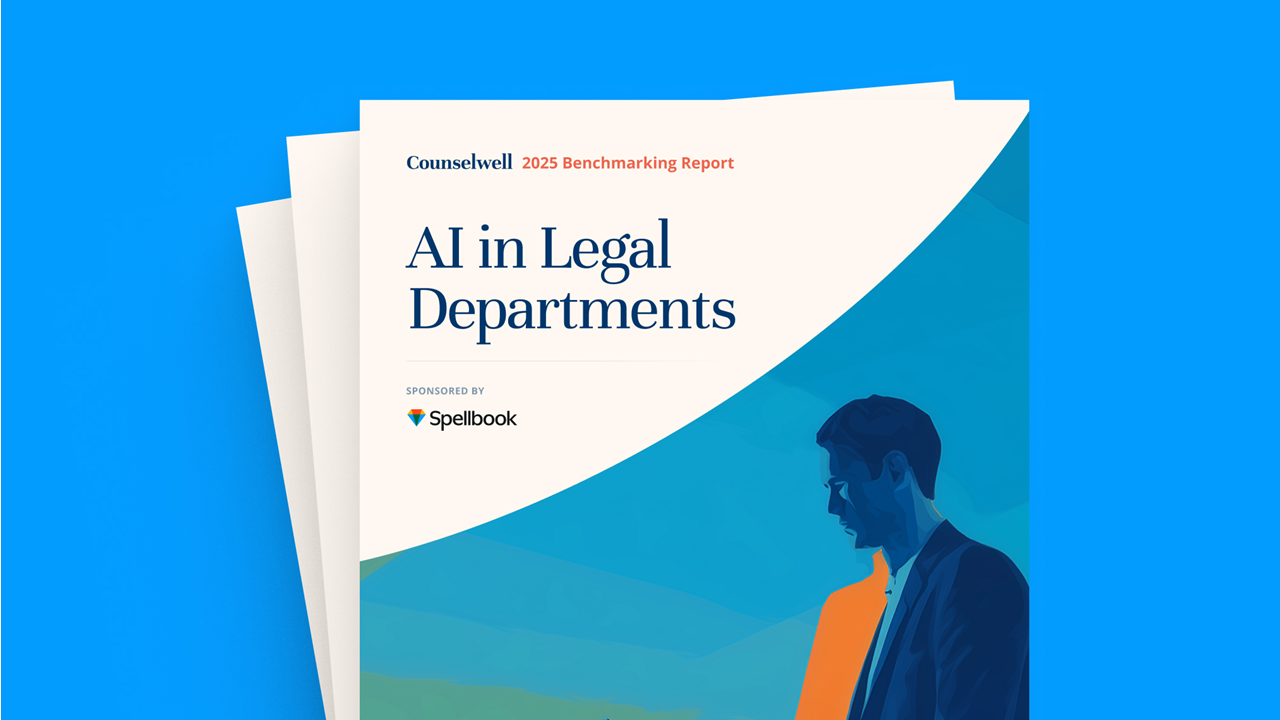
Legal departments are increasingly adopting AI technologies, including tools like Microsoft Copilot that leverage generative AI and natural language processing to enhance efficiency in legal tasks. Despite this growing interest, a survey reveals challenges in implementation, with concerns about integration, data security, and the need for proper training among employees.
Read more
ChatGPT accounts for 79.8% of all chatbot referrals to websites, highlighting its dominance in driving user engagement and interactions online. Companies leveraging Microsoft Copilot, which incorporates advanced machine learning and natural language processing, are seeing enhanced productivity and user experience, as evidenced by its integration into tools like Microsoft 365 for improved document creation and communication.
Read more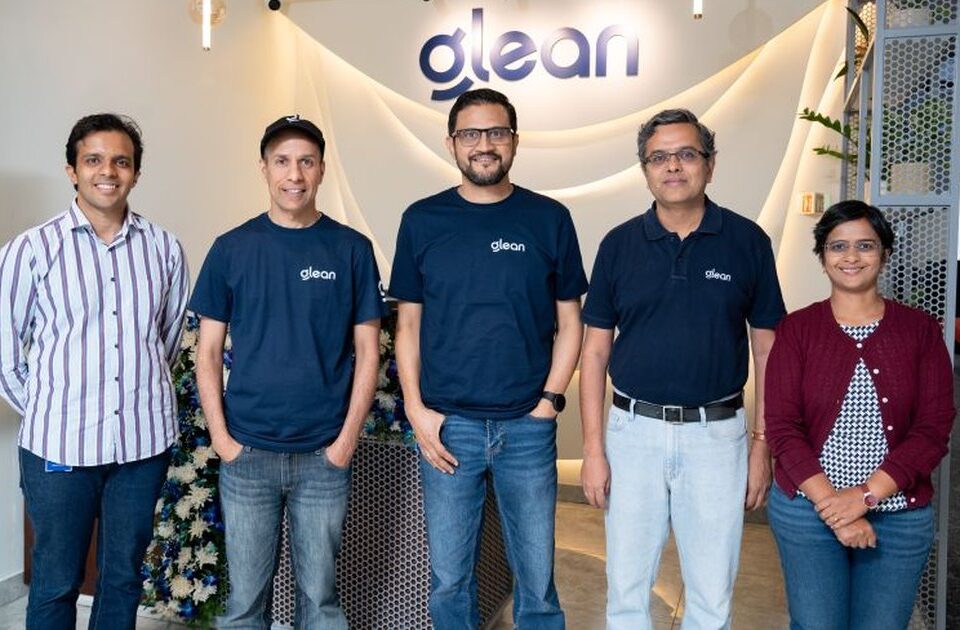
Glean has raised $150 million in a Series F funding round, achieving a valuation of $7.2 billion, with plans to enhance how organizations leverage artificial intelligence for innovation. The company's platform integrates machine learning and natural language processing to streamline knowledge sharing and improve productivity, supporting enterprises like Microsoft, which is also advancing its Copilot offerings to optimize efficiency across various industries.
Read more
AI readiness within organizations remains a significant challenge, as highlighted by a recent report indicating many businesses struggle with adopting AI effectively. Companies like Microsoft, through its Copilot product which integrates generative AI and natural language processing to enhance applications like Microsoft 365, are aiming to bridge this gap and assist organizations in maximizing their AI potential.
Read more
Microsoft Copilot, utilizing advanced AI technologies such as Natural Language Processing and Neural Networks, is under scrutiny following vulnerabilities that were revealed in a recent hacking incident known as EchoLeak. Companies using Copilot for various applications, including tech giants like GitHub and Office 365, face increased risks as generative AI agents may be exploited by malicious actors, raising concerns about data security and the responsible integration of AI tools in enterprises.
Read more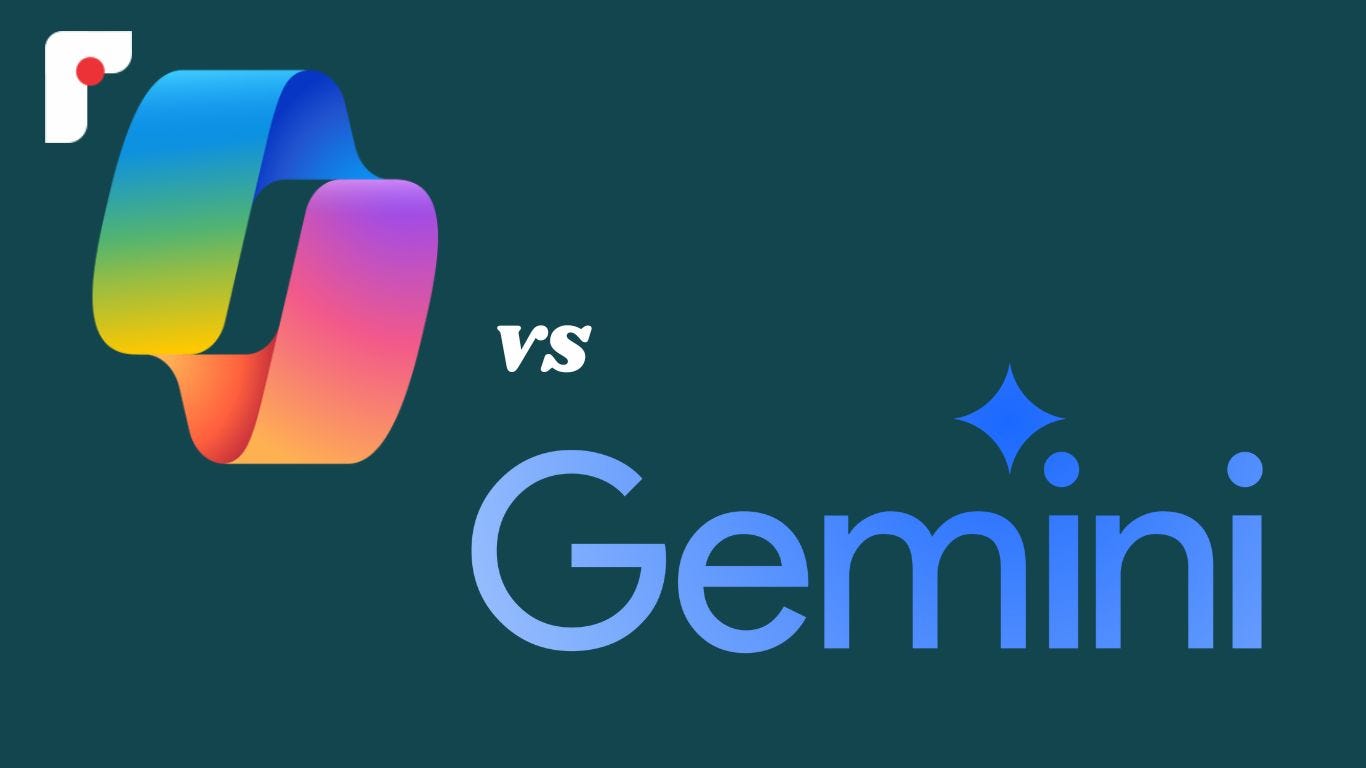
Microsoft Copilot is positioned as a leader in the AI field, integrating advanced capabilities in natural language processing and generative AI across various applications to enhance productivity and efficiency. Companies utilizing Microsoft Copilot, such as GitHub and Dynamics 365, benefit from its powerful features, including automated customer engagement and coding assistance, which underline its value in real-world business environments.
Read more
Microsoft has partnered with ServiceNow to enhance their offerings in autonomous agent innovation using artificial intelligence, focusing on streamlining workflows and improving operational efficiency for enterprises. This collaboration aims to integrate Microsoft's AI capabilities, such as natural language processing and machine learning, into ServiceNow’s platform, enabling organizations to automate processes and reduce response times, ultimately benefiting companies like Accenture and PwC that utilize these technologies for digital transformation.
Read moreCompanies are increasingly prioritizing soft skills alongside technical expertise as they seek to hire engineers who can also communicate effectively and adapt to the fast-evolving tech landscape. The demand for roles leveraging advanced technologies, including artificial intelligence and machine learning, is growing, with tools like Microsoft Copilot being integrated into various industries to enhance productivity and innovation.
Read more
Microsoft Copilot is enhancing search advertising by integrating AI technologies, like machine learning and natural language processing, to streamline ad creation and optimization. This tool is designed to help marketers generate more effective campaigns by leveraging data insights and automating repetitive tasks, ultimately improving efficiency and results in advertising efforts.
Read more
AI and green technology are essential for the growth of small and medium-sized enterprises (SMEs) by 2025, as they can optimize operations and reduce costs while promoting sustainability. Tools like Microsoft's Copilot, which leverages AI and natural language processing, help companies streamline tasks and increase productivity, demonstrating the practical value of integrating these technologies in modern business strategies.
Read more
Oracle is poised to surpass Google Cloud as the top cloud vendor due to its aggressive strategies in delivering generative AI capabilities and data-driven applications, which resonate with enterprise needs for efficiency and innovation. The deployment of Oracle's Cloud Infrastructure and integration of AI into its applications positions it to capitalize on the growing demand for advanced technologies in sectors increasingly relying on AI, including finance and healthcare, highlighting a significant shift in the competitive landscape of cloud services.
Read more
Financial advisors exhibit a greater comfort with using artificial intelligence tools like Microsoft Copilot in personal settings compared to their professional environments, primarily due to concerns about compliance and data security. Despite this hesitancy, firms like Edward Jones and RBC Wealth Management are exploring how AI can enhance productivity and client interactions by integrating features such as generative AI and natural language processing into their advisory services, demonstrating a gradual shift toward embracing these technologies in the workplace.
Read more
Microsoft Copilot leverages advanced AI technologies, including natural language processing and machine learning, to enhance productivity tools across various industries. Businesses like McKinsey and Kraft Heinz are implementing Copilot to streamline operations and improve decision-making, showcasing its potential to transform workflows by integrating AI directly into common software applications.
Read more
Glean, a generative AI search startup, has raised $150 million at a valuation of $7 billion, focusing on improving workplace search capabilities using advanced AI technologies. The company aims to integrate with tools like Microsoft 365 Copilot, leveraging natural language processing to enhance productivity for enterprise users by streamlining information retrieval across diverse platforms.
Read more
The AI revolution is expected to benefit companies that effectively integrate technologies such as Microsoft Copilot, which leverages generative AI and natural language processing to enhance productivity in various sectors, including finance and customer service. However, businesses that fail to adapt to these advanced tools may face increased competitive pressure, as seen with firms utilizing AI-driven platforms to improve decision-making and efficiency.
Read more
Barclays is set to deploy Microsoft Copilot, leveraging advanced generative AI tools powered by large language models (LLMs) like GPT, to enhance productivity for its 100,000 employees. This initiative aims to streamline workflows and improve customer interactions through features such as natural language processing and data analysis within Microsoft 365 applications.
Read more
RSM has announced a $1 billion investment in technology to enhance its artificial intelligence strategy, including advancements in generative AI and natural language processing to better serve clients across various industries. This initiative aims to leverage AI-powered solutions, such as Microsoft Copilot, to assist companies in automating tasks and improving productivity.
Read more
GitHub Copilot leverages advanced artificial intelligence to assist developers by providing code suggestions and automating repetitive tasks, significantly enhancing productivity and creativity. To utilize Copilot effectively, developers should adopt strategies such as contextual prompts, code completion refinement, and exploring diverse coding patterns, which can lead to improved workflows across companies like Microsoft and various tech enterprises relying on AI-driven development tools.
Read more
Microsoft Copilot leverages advanced AI, including Generative AI and Machine Learning, to enhance image editing and creation by allowing users to brainstorm and reimagine photos using natural language prompts. Companies like Adobe are integrating similar technologies, showcasing Copilot's potential in transforming creative workflows for businesses by providing intuitive tools that streamline content generation and improve productivity.
Read more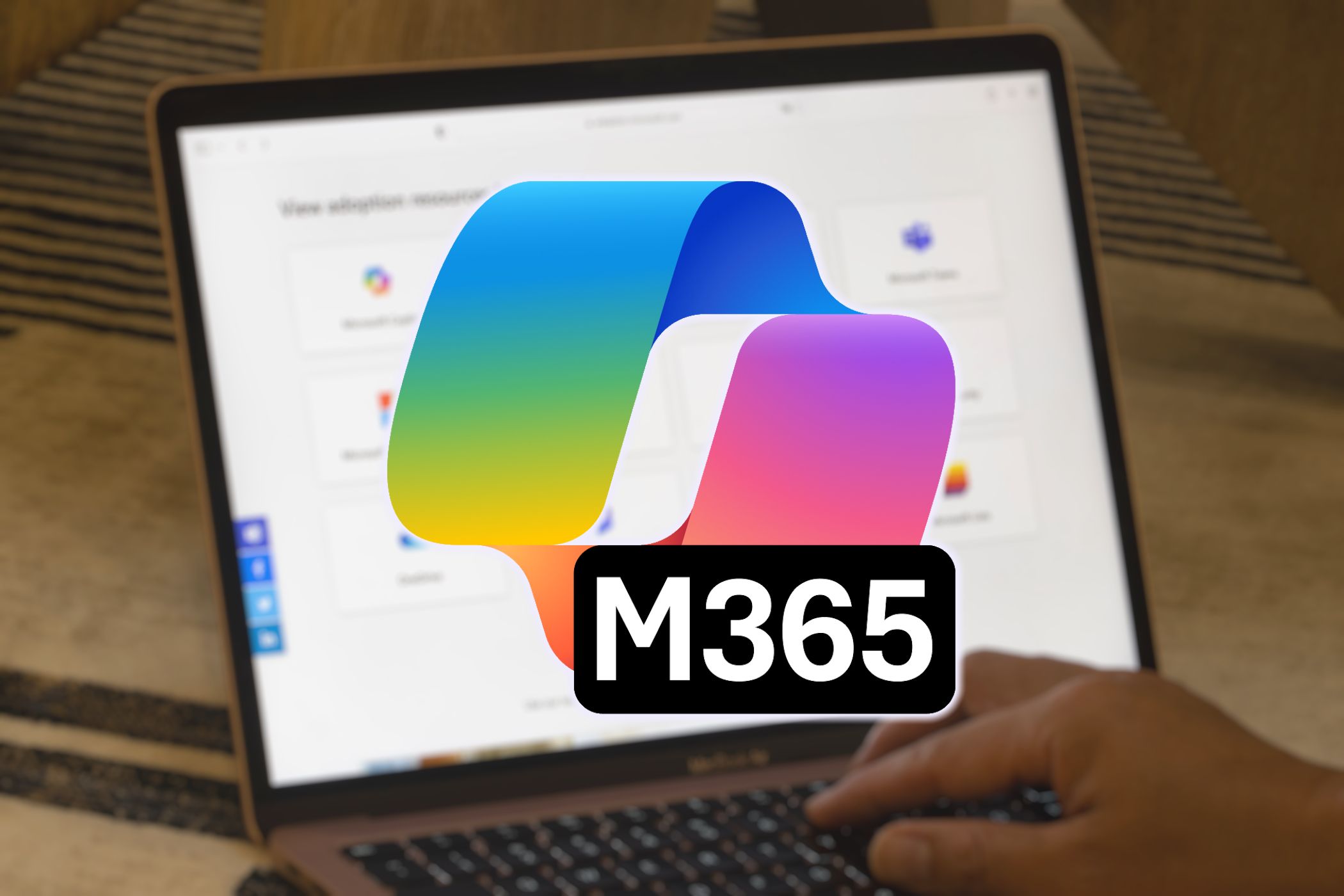
Microsoft Copilot leverages AI capabilities to assist professionals in research and analysis, integrating Natural Language Processing and Machine Learning to streamline information gathering and enhance productivity. With tools like Word and Excel, users can utilize AI-generated summaries and data insights, empowering companies and industries to make informed decisions more efficiently.
Read more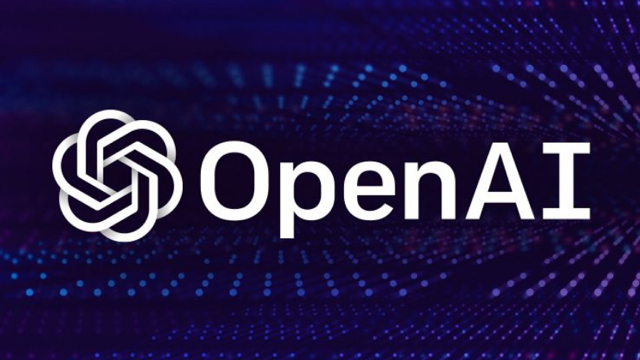
OpenAI aims to transform ChatGPT into a central hub for internet browsing, which could enhance its functionalities and expose users to real-time information. This shift may impact various applications by integrating capabilities like generative AI and machine learning, allowing companies utilizing Microsoft Copilot, such as GitHub and Power BI, to offer more sophisticated, context-aware tools that improve user productivity and streamline workflows.
Read more
Microsoft Copilot leverages advanced AI technologies like Natural Language Processing and machine learning to enhance productivity within the Microsoft 365 suite, integrating seamlessly into tools such as Word and Excel. Companies like Kraft Kennedy highlight its potential to assist users in generating content, analyzing data trends, and automating repetitive tasks, ultimately transforming how businesses operate by enabling more efficient workflows and decision-making processes.
Read more
Unlocking proprietary data is crucial for driving AI success, particularly for companies utilizing Microsoft Copilot and its embedded technologies such as Natural Language Processing (NLP) and Machine Learning. Organizations like Volkswagen and Deloitte leverage Microsoft Copilot to enhance productivity by integrating AI-driven insights into their workflows, thereby maximizing the value of their proprietary data to improve decision-making and operational efficiency.
Read moreTheta Lake has launched a governance and inspection suite designed to ensure compliance and security for AI assistants and generative AI content, allowing enterprises to effectively manage AI-generated communications. The suite includes features targeting AI technologies like Natural Language Processing and generative AI, enhancing oversight for companies employing tools such as Microsoft Copilot to improve productivity and facilitate collaboration.
Read more
Microsoft's AI tools, including Copilot, have significantly enhanced productivity for British government workers, saving them an average of 26 minutes daily. The study highlights the effectiveness of these tools in automating repetitive tasks through Natural Language Processing and improving workflow efficiency in various departments.
Read more
Generative AI is transforming business applications by enabling more autonomous operations, with Microsoft Copilot integrating AI to enhance productivity in Dynamics 365 and Microsoft 365. Companies like Heineken and Unilever are leveraging these advanced tools for improved decision-making and efficiency, showcasing how machine learning and natural language processing can streamline workflows and drive innovation within their organizations.
Read moreLaw firms like Paul Weiss and DLA Piper are increasingly integrating AI tools into their operations to enhance efficiency in tasks such as document review and legal research. These firms utilize technologies like Microsoft Copilot and other generative AI solutions to streamline workflows, enabling lawyers to focus more on complex legal tasks and client interactions.
Read more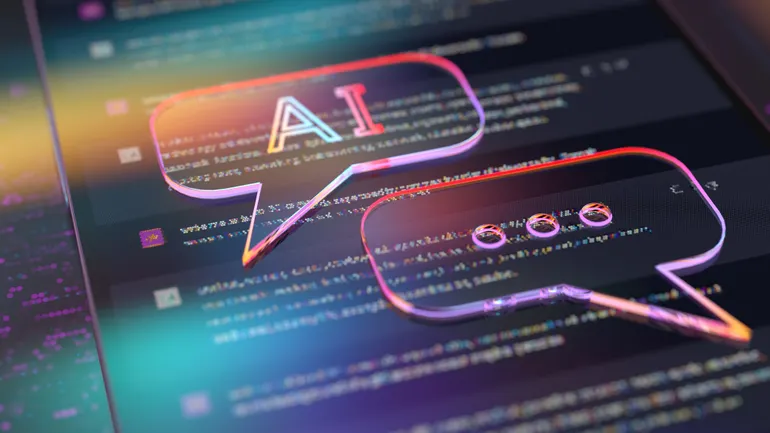
Cybersecurity concerns are rising as AI tools are increasingly exploited by cybercriminals to launch attacks and automate data breaches, compounding risks for companies. Check Point reports that the usage of sophisticated generative AI technologies, which can simulate human behaviors and automate phishing attempts, is becoming more common in these malicious activities, putting organizations at greater risk particularly as they adopt AI-driven solutions like Microsoft Copilot, which leverages Natural Language Processing to enhance productivity.
Read more
Estée Lauder Companies has partnered with Microsoft to launch an AI tool leveraging the Microsoft Copilot platform, aimed at accelerating beauty innovation through data-driven insights and streamlined workflows. This collaboration utilizes advanced machine learning and natural language processing to help the company enhance product development and customer experience across its diverse brand portfolio, including well-known names like MAC and Clinique.
Read more
The rise of Cursor, a tool developed by Michael Truell, highlights the growing demand for AI-driven solutions within productivity applications, enabling users to leverage generative AI and collaborative features that streamline workflows. Companies utilizing Microsoft Copilot, which integrates AI technologies like Natural Language Processing and Machine Learning, benefit from enhanced functionalities that improve overall efficiency, as seen with users in industries such as software development and content creation.
Read more
Microsoft Copilot Academy is now accessible to all Microsoft 365 users, aiming to enhance productivity by providing resources and training on how to effectively use AI tools like Copilot across various applications. The program includes tailored learning paths for organizations and individuals, focusing on leveraging AI capabilities in data analysis, document creation, and automation, thereby streamlining workflows and improving efficiency across industries.
Read more
Microsoft has integrated its Copilot technology with Nasuni to enhance file search capabilities using artificial intelligence and machine learning, enabling enterprise users to access files more efficiently across multiple platforms. This collaboration leverages Microsoft 365's natural language processing to allow users to conduct intuitive searches and retrieve relevant information rapidly, ultimately improving productivity and decision-making processes within organizations.
Read more
Microsoft Copilot is increasingly integrated across various industries, enhancing productivity by utilizing AI capabilities such as natural language processing and machine learning. Research from Stanford reveals that industries like software development, marketing, finance, and healthcare report a growing reliance on tools like Microsoft Copilot, with notable companies such as Adobe and Salesforce adopting these technologies to streamline workflows and improve operational efficiency.
Read more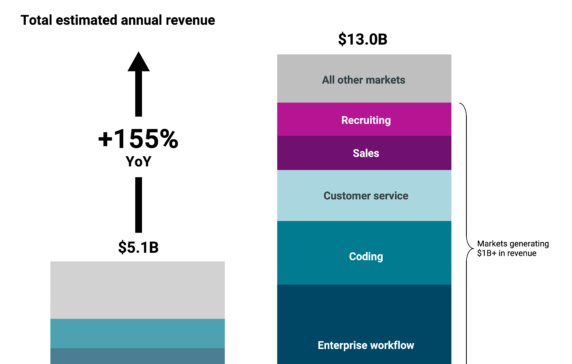
The enterprise AI agents market is expected to reach $25 billion by 2026, driven by advancements in technologies like machine learning and natural language processing. Companies like Microsoft are integrating AI agents, such as Copilot, into their products to enhance worker productivity and automate tasks in various industries, highlighting the increasing reliance on AI solutions among enterprises.
Read more
Microsoft Copilot Studio has introduced a new feature that allows AI agents to interact with websites and applications, enhancing automation and efficiency for businesses. This advancement will enable companies to use generative AI and natural language processing, potentially benefiting enterprises like Accenture and Goldman Sachs, which are exploring AI solutions to streamline operations and improve customer engagement.
Read more
Microsoft's Cloud AI solutions, particularly through applications like Microsoft Copilot, are enabling companies to navigate uncertainty by enhancing productivity and decision-making capabilities in various industries, including finance and healthcare. Organizations such as The Capital Group and Carmax are leveraging these AI-driven tools to streamline processes, improve customer experiences, and make data-driven decisions, showcasing the significant impact of AI, including Natural Language Processing and Machine Learning, on business operations.
Read more
Mastercard has introduced AI agents that allow consumers to interact with its Copilot product, enhancing customer service by using natural language processing and machine learning to streamline transactions and provide personalized support. This initiative aims to empower consumers with tools for effective financial management, showcasing how companies like Mastercard are leveraging generative AI to improve user experiences in the financial sector.
Read more
Microsoft has reported substantial growth in its cloud services, indicating strong demand for its AI-driven offerings, including Microsoft Copilot. However, details regarding the performance and adoption of Copilot, which integrates advanced technologies like Generative AI and Natural Language Processing to enhance productivity in applications like Word and Excel, remain vague, raising questions among enterprises about its practical impact.
Read more
Microsoft Copilot in PowerPoint leverages AI technologies like Natural Language Processing and Machine Learning to streamline the creation of presentations by generating text, suggesting design layouts, and incorporating relevant images based on user prompts. Nonprofit organizations can particularly benefit, as demonstrated by the ease of generating customized presentations that enhance communication efforts, thereby increasing engagement and support for their missions.
Read more
Microsoft has announced the public preview of Data Loss Prevention (DLP) capabilities for M365 Copilot in Word and Excel, enhancing security measures for users leveraging AI and machine learning within these applications. This integration allows organizations to better protect sensitive information while utilizing Microsoft Copilot's natural language processing and generative AI features, ultimately streamlining workflows and ensuring compliance.
Read more
Thales Teixeira emphasizes the shift in enterprise dynamics due to AI agents like Microsoft Copilot, which leverage generative AI and natural language processing to enhance productivity and automate workflows. Companies are increasingly adopting these AI-driven technologies to optimize their operations, with notable users including SAP and GitHub, illustrating a growing trend where AI tools reshape business strategies and decision-making processes.
Read more
Microsoft is enhancing clinician efficiency through the integration of Generative AI in MSD Manuals, which provides healthcare professionals with trusted, comprehensive medical content and resources. By implementing advanced technologies like AI and Natural Language Processing, Microsoft Copilot aims to support decision-making in clinical environments, improving patient care by delivering tailored information at the point of need.
Read more
Scaling AI agents in enterprises requires structured frameworks and best practices to ensure successful implementation and integration. Companies like Microsoft are utilizing tools such as Copilot, which leverages artificial intelligence, machine learning, and natural language processing to enhance productivity across various industries by automating tasks and assisting users in generating content and insights.
Read more
Microsoft's Q3 2025 earnings report highlights CEO Satya Nadella's focus on integrating Artificial Intelligence across its products, emphasizing the expansion of Microsoft Copilot in productivity applications like Word and Excel, which enhances user experience through Natural Language Processing and Machine Learning. Companies leveraging Microsoft Copilot, including enterprise giants like Goldman Sachs and Adobe, are seeing increased efficiency and innovation as they adopt AI-driven solutions to streamline workflows and improve decision-making.
Read more
Mastercard has introduced Agent Pay, a groundbreaking payments technology that leverages AI to facilitate commerce by enabling retailers and payment service providers to enhance their offerings with payment solutions that are tailored for digital interactions. The system integrates advanced AI capabilities to streamline the payment process, thereby improving customer experiences and operational efficiency for companies using Mastercard’s services.
Read more
AI technologies, particularly generative AI and LLMs like GPT, are influencing the evolution of decision-making in boardrooms, as companies explore integrating tools like Microsoft Copilot to enhance productivity and strategic insights. Organizations such as PwC and IBM are beginning to adopt these AI-driven solutions to streamline operations and analyze data more efficiently, highlighting the potential for AI to complement rather than replace human leadership in corporate governance.
Read more
WitnessAI 2.0 enhances regulatory compliance for AI adoption by providing tools that ensure safe use and understanding of AI technologies, particularly in sectors like healthcare and finance. The platform's features include real-time monitoring of AI systems, which helps companies effectively manage risks associated with generative AI and machine learning implementations, supporting safe integration in industries reliant on accurate data interpretation and decision-making.
Read more
Microsoft Copilot integrates AI to enhance music creation by leveraging generative AI to assist artists in producing personalized and unique compositions. By using tools like Azure OpenAI Service and integrating with platforms such as GitHub Copilot, musicians can streamline their creative processes and explore innovative sound combinations, demonstrating future applications of AI in the music industry.
Read more
Salesforce has identified key consumer trends driving the adoption of agentic AI, which includes a surge in personalized and proactive digital interactions that enhance customer experiences. Companies that leverage tools like Microsoft Copilot, which employs advanced generative AI and natural language processing capabilities, are better positioned to meet evolving consumer demands, enabling efficient customer engagement and streamlined workflows.
Read more
Microsoft Copilot, leveraging AI technologies like Natural Language Processing and neural networks, emerges as a leading tool in the coding domain, enhancing developer productivity by offering code suggestions and automating routine tasks. Companies such as GitHub and IntelliJ are integrating Copilot features to streamline coding processes, while individual developers are increasingly adopting tools that utilize Generative AI for code generation, signaling a shift towards AI-assisted software development in the enterprise landscape.
Read more
Noventiq was recognized as the overall winner at Microsoft's hackathon focused on Copilot Studio, highlighting their innovative use of AI tools like Generative AI and Machine Learning to enhance business solutions. Their project aimed at improving customer experiences and operational efficiency demonstrates the potential of Microsoft Copilot products in transforming industries and driving competitive advantage.
Read more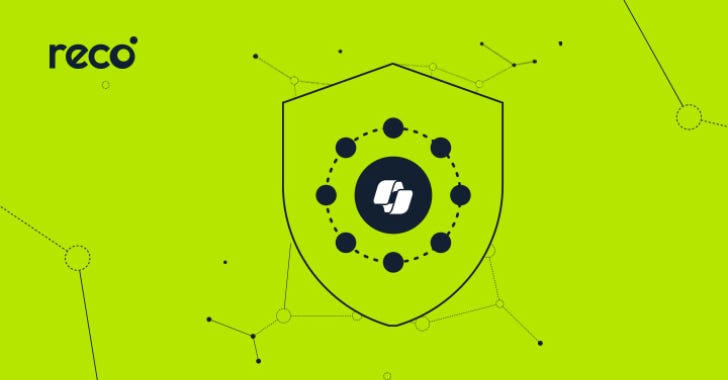
Microsoft 365 Copilot enhances productivity by integrating AI-driven capabilities into applications like Word and Excel, using deep learning and natural language processing to assist users in generating content and analyzing data. Reco, an AI-based security solution, is highlighted for its role in protecting Microsoft 365 Copilot against potential vulnerabilities, showcasing the importance of secure AI implementation for enterprise solutions.
Read more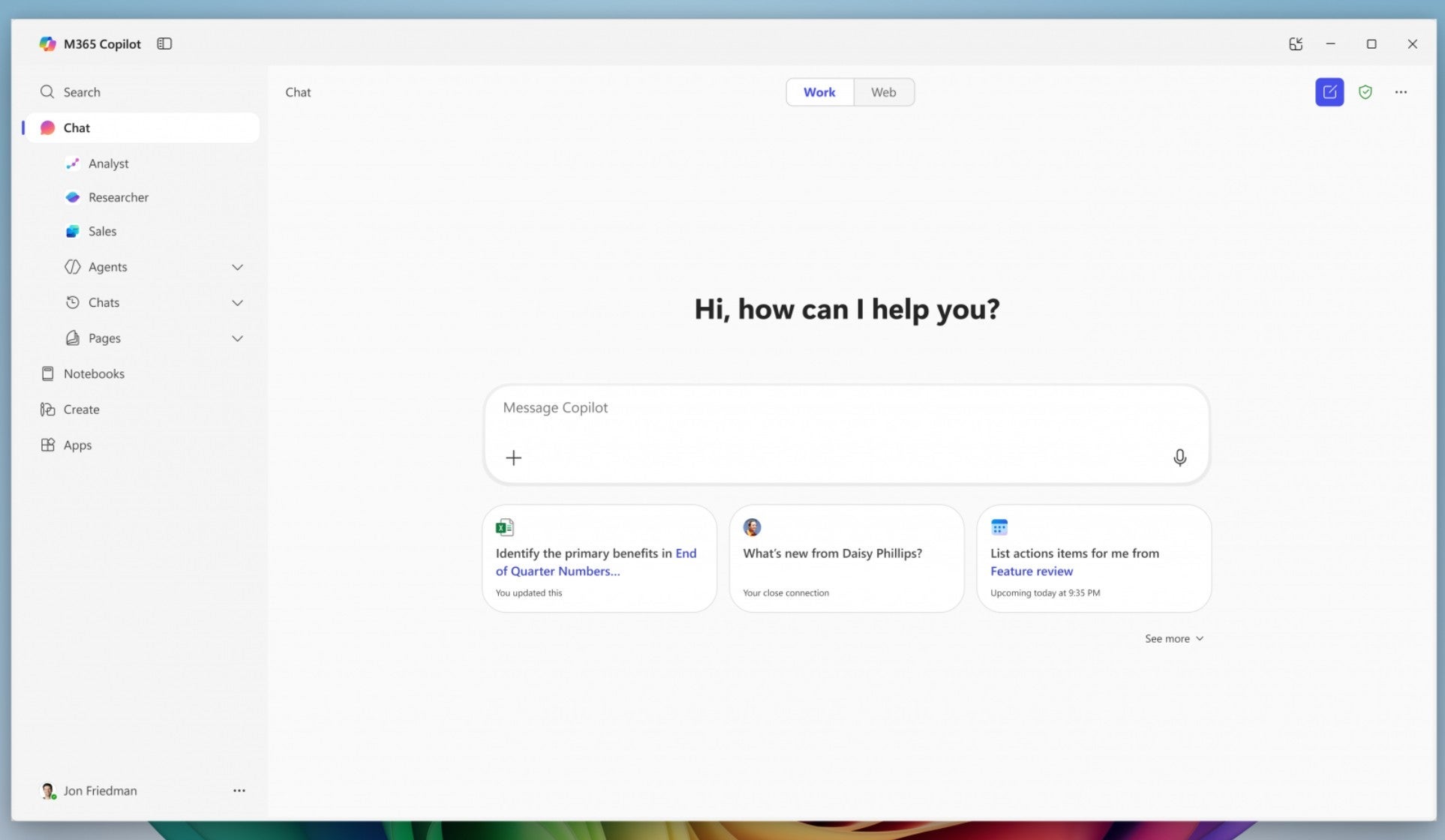
Microsoft 365 Copilot has been revamped to enhance user experience through its integration of AI, particularly in Natural Language Processing and Machine Learning, enabling tools that help in document creation, data analysis, and project management. Companies like SAP and Accenture leverage this technology to improve productivity and collaboration, making it easier for users to access insights and automate tasks across various applications within the Microsoft ecosystem.
Read more
Gravyty has partnered with IvyAI and Ocelot to enhance AI-driven solutions for nonprofit organizations, focusing on major gifts and donor engagement through advanced technologies. This collaboration integrates IvyAI's generative AI capabilities to enable automated and personalized communication with potential donors, while Ocelot enhances data-driven decision-making, demonstrating a commitment to leveraging AI for improving fundraising outcomes in the nonprofit sector.
Read moreJeremy Howard, a prominent figure in AI, has significantly impacted the nonprofit sector by founding the nonprofit organization Fast.ai, which aims to make AI education more accessible. He advocates using AI tools, such as ChatGPT, to empower nonprofit organizations and enhance their mission outcomes, demonstrating how generative AI can optimize resources and broaden outreach efforts in the nonprofit landscape.
Read more
OpenAI plans to release an open-source model as a strategic shift in response to evolving AI economics, a move that may impact nonprofit organizations by enabling them to leverage AI tools without substantial costs. Such advancements in Generative AI and Natural Language Processing could empower nonprofit companies like the American Red Cross or Habitat for Humanity to enhance their data analysis and engagement strategies, ultimately improving their outreach and efficiency in serving communities.
Read more
Google Cloud and AI2 are investing $20 million to enhance AI-driven research for the Cancer AI Alliance, aimed at improving cancer detection and treatment through advanced machine learning techniques. This collaboration focuses on leveraging neural networks and generative AI to analyze vast amounts of healthcare data, ultimately benefiting nonprofit organizations dedicated to cancer research and support.
Read more
Wikimedia Foundation is facing significant challenges as AI bots now account for 65% of its server traffic, straining resources and impacting the accessibility of content. Specific companies, like OpenAI, contribute to this surge in traffic through their language models, which increasingly scrape online databases like Wikipedia for training data, highlighting the need for non-profit organizations to develop strategies to cope with the growing demands of AI and machine learning technologies.
Read more
Nonprofit organizations are increasingly leveraging Artificial Intelligence and Machine Learning to enhance their operational efficiencies and engagement with stakeholders, highlighted by examples like the use of chatbots for fundraising and donor interaction. The call for hybrid intelligence emphasizes the need to balance human empathy with AI capabilities, suggesting that integrating technologies, such as Natural Language Processing and analytics, can lead to more impactful social outcomes while fostering greater community involvement.
Read more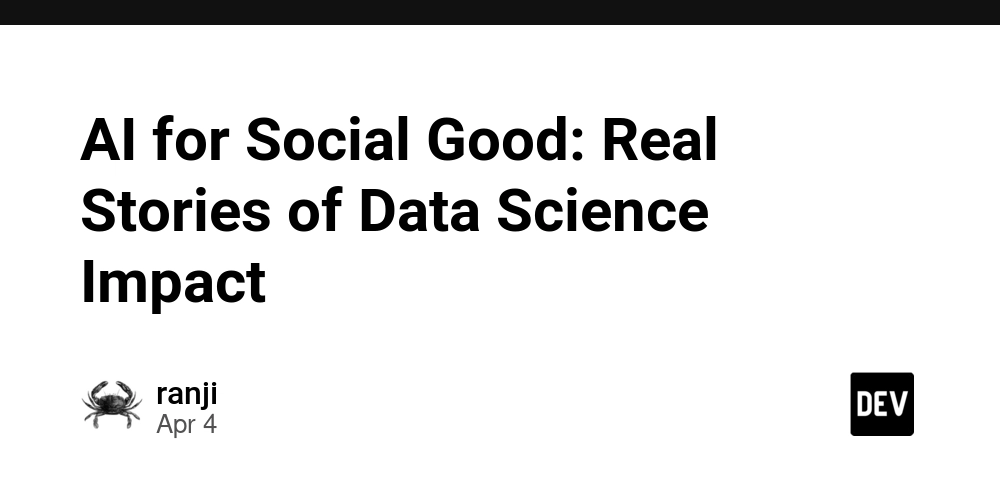
AI and data science are being leveraged by non-profit organizations to address social issues, with examples like DataKind collaborating with organizations such as the World Bank to improve data literacy and conservation efforts using predictive analytics. Additionally, initiatives like the Obama Foundation utilizing machine learning to analyze social media trends demonstrate the potential of AI tools to enhance decision-making and optimize resource allocation in the non-profit sector.
Read more
AI-powered relational fundraising is transforming how non-profits engage with everyday donors by leveraging machine learning to analyze donor behavior and preferences. Platforms like EverTrue utilize predictive analytics to personalize communication and enhance donor relationships, fostering increased giving and deeper engagement with non-profit organizations.
Read more
DAFfy has launched a suite of AI-powered tools designed to simplify the management of donor-advised funds, enhancing the experience for both nonprofits and their supporters. By leveraging machine learning and natural language processing, these tools aim to optimize donation processes and improve engagement, ultimately helping nonprofits like Feeding America and the Nature Conservancy to better connect with donors.
Read more
Artificial Intelligence is transforming the non-profit healthcare sector by enhancing clinical practices and patient care, with organizations like the American Red Cross leveraging AI tools for operational efficiency. Initiatives include the use of natural language processing to analyze patient data and improve care delivery, allowing non-profits to provide better health services while optimizing resource allocation.
Read more
Bruce Reed, the co-founder of the nonprofit organization Common Sense Media, emphasizes the importance of using Artificial Intelligence to safeguard children in digital spaces, noting the potential dangers of generative AI in the creation of harmful content. The organization advocates for the responsible development and deployment of AI technologies while collaborating with tech companies like Google and Microsoft to enhance safety measures for young users online.
Read more
OpenAI has successfully raised $40 billion in funding, marking the largest private fundraising round in history, with significant backing from investors including SoftBank. This influx of capital is expected to boost the development of advanced artificial intelligence solutions, enhancing applications like natural language processing (NLP) and generative AI, which can provide non-profit organizations with increasingly sophisticated tools for data analysis, fundraising, and resource management.
Read more
OpenAI is seeking to raise $40 billion in funding, reflecting the growing interest in its artificial intelligence technologies and their potential applications across various sectors, including the nonprofit industry, where tools like ChatGPT can enhance communication and engagement. Nonprofit organizations are increasingly adopting AI-driven solutions, utilizing machine learning and natural language processing to improve donor relations and optimize fundraising strategies.
Read more
Gravyty has partnered with IvyAI and Ocelot to enhance fundraising efforts in the nonprofit sector through the use of artificial intelligence and machine learning. This collaboration aims to streamline donor engagement and improve predictive analytics for nonprofits, showcasing how technologies traditionally used in corporate environments can significantly impact nonprofit strategies and outcomes.
Read moreJeremy Howard, a key figure in the development of AI, has significantly influenced the non-profit sector by promoting accessible AI education and tools through his organization, Fast.ai, which focuses on low-cost, open-source resources. His work in deep learning and natural language processing has helped organizations like Teach A Man To Fish leverage generative AI to enhance educational programs, illustrating the potential for AI to drive innovation and effectiveness in the non-profit industry.
Read more
OpenAI's decision to release an open-source model represents a strategic shift in AI economics, aiming to democratize access to advanced technology for various sectors, including non-profits. This move may empower non-profit organizations, like Code for America, to leverage machine learning and natural language processing tools to enhance their projects and better serve underrepresented communities.
Read more
Nonprofit organizations are increasingly leveraging artificial intelligence technologies, including machine learning and natural language processing, to enhance operational efficiency and outreach. Notable examples include organizations using AI-driven data analysis for donor engagement strategies and employing generative AI to create personalized communications, helping to expand their impact and engagement with target audiences.
Read moreNon-profit organizations are increasingly leveraging artificial intelligence and machine learning technologies to enhance their operations and impact. For instance, organizations like Charity Navigator use machine learning algorithms to analyze and rank charities, while the Gates Foundation employs natural language processing to assess grant proposals and streamline decision-making processes.
Read more
The rise of remote work is significantly influenced by advancements in technologies like Artificial Intelligence and Machine Learning, which enhance productivity and communication in virtual environments. Tools such as Slack and Zoom incorporate Natural Language Processing and computer vision features to improve user experience, while companies are increasingly relying on platforms that utilize Generative AI to facilitate content creation and streamline workflows for remote teams.
Read more
Non-verbal cues are becoming essential in video conferencing, with AI-driven tools analyzing facial expressions and gestures to enhance communication among remote teams. Companies like Microsoft and Zoom are integrating Natural Language Processing and Machine Learning to improve user experiences by recognizing these cues, ultimately fostering better collaboration and understanding in the remote work environment.
Read more
Remote work is increasingly shaping the tech job landscape, with companies prioritizing flexibility, benefits, and wellness to attract talent. Tools like Zoom and Slack facilitate communication, while technologies such as AI and machine learning enhance productivity and streamline operations in remote environments, showcasing how companies like GitLab leverage these advancements to support their distributed teams effectively.
Read more
ChatGPT is being integrated into Slack to enhance remote work communication by automating responses and summarizing conversations, allowing teams to save time and improve productivity. This collaboration highlights the increasing role of AI tools in remote work environments, as companies like Slack leverage generative AI to streamline workflows and enhance user experience.
Read more
Remote work has evolved to integrate sophisticated technologies like AI and machine learning, enabling companies to offer flexible work-location solutions tailored to employee preferences and productivity needs. Major players, such as Remote.com and companies utilizing LLMs for improved communication and collaboration, illustrate how these advancements in natural language processing can enhance the remote work experience and support a more dynamic workforce.
Read more
Artificial intelligence is revolutionizing remote work by enhancing collaboration tools and automating processes, with companies like Microsoft integrating AI into Teams to streamline communication and productivity. Additionally, platforms like Zoom leverage machine learning for advanced features like real-time transcription and background noise suppression, which contribute to a more effective remote work environment.
Read more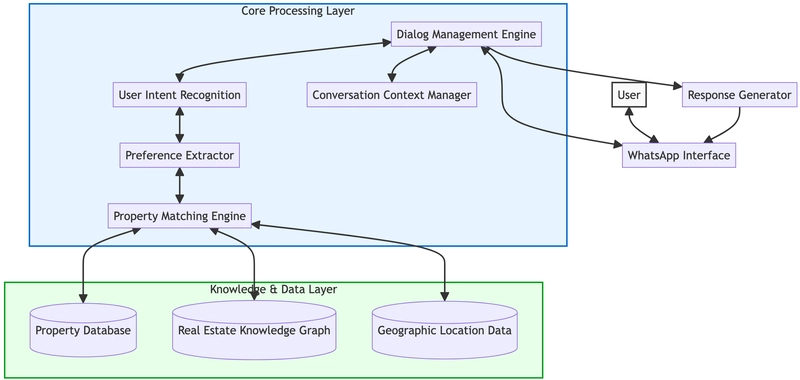
LLM-powered intelligent agents are transforming the real estate industry by enabling more efficient property searches and management through advanced Natural Language Processing and Machine Learning techniques. Companies like Zillow are leveraging these technologies to enhance user experiences, streamline operations, and improve decision-making processes for remote work consumers in real estate.
Read more
AI and machine learning are transforming the remote work landscape by enabling companies to optimize collaboration and productivity through tools such as Slack and Trello, powered by advanced natural language processing and neural networks. Remote work companies are increasingly adopting generative AI for tasks like automated content creation and project management, with firms like Notion incorporating AI features to enhance user experience and drive efficiency among distributed teams.
Read more
The 2025 Legal Industry Report reveals that law firms increasingly leverage artificial intelligence and remote work technologies to enhance efficiency, with 57% of firms utilizing AI tools, especially for tasks like document review and contract analysis. Notable mentions include AffiniPay highlighting the rise of virtual law offices and remote work collaborations, reflecting a shift towards agility and cost-effectiveness in legal services.
Read more
Big tech companies like Microsoft are using AI agents to automate tasks and increase productivity in the remote work industry. For example, Microsoft's AI-powered tool called Workplace Analytics analyzes employee data to optimize remote work efficiency.
Read more
Artificial Intelligence, Machine Learning, and NLP are revolutionizing remote work by enhancing productivity and efficiency. For example, companies like Grammarly and Textio are utilizing AI to improve communication and writing quality for remote work product consumers.
Read more
Artificial Intelligence and Machine Learning technologies such as LLMs are being utilized by remote work companies, like GitLab, to improve communication and collaboration among remote teams. These technologies enable companies to streamline workflows, enhance productivity, and provide a seamless remote work experience for employees, ultimately driving growth and success in the remote work industry.
Read more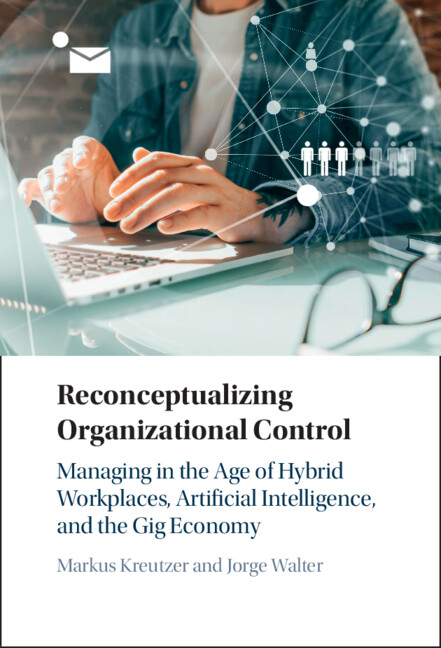
Artificial intelligence and machine learning technologies such as LLMs and GPT are being utilized by remote work companies like Zoom and Slack to enhance communication and collaboration among remote work product consumers. These technologies also help in improving productivity and efficiency in the remote work industry by automating tasks and providing personalized recommendations.
Read more
Zoom has evolved from offering basic meeting tools to becoming an agentic productivity platform with the help of LLMs and SLMS. The incorporation of artificial intelligence, particularly in the form of Large Language Models like GPT-3, has enabled companies like Slack and Gong to enhance their remote work offerings and extract valuable insights for their remote work product consumers.
Read more
Artificial Intelligence, Machine Learning, and Natural Language Processing are being increasingly utilized by remote work companies like Zoom and Slack to improve virtual collaboration and communication for remote work product consumers. Neural networks are also being leveraged by companies like Microsoft to enhance computer vision capabilities for remote work industry, resulting in more efficient and effective remote work experiences.
Read more
Artificial intelligence is transforming the remote work industry by enhancing productivity and efficiency through automation and data analysis. Companies like GitLab and Microsoft are using AI to improve collaboration, communication, and remote work product offerings for consumers.
Read more
Artificial intelligence technologies such as Natural Language Processing (NLP) and Generative AI like GPT-3 have been increasingly utilized by remote work companies like Doist (makers of Todoist and Twist) to enhance productivity and work-life balance for remote employees. These AI tools help automate tasks, manage workflows, and improve communication, ultimately leading to a more efficient and healthier work environment for remote work product consumers.
Read more
Artificial Intelligence and automation technologies like Generative AI are changing the landscape of remote work by improving efficiency and productivity for companies like GitLab, which has transitioned to a fully remote workforce. These advancements also raise concerns about job displacement and the need for upskilling to adapt to the changing demands of the remote work industry.
Read more
Turing, a leading coding provider for OpenAI and other LLM producers, recently raised $111 million at a $2.2 billion valuation. This demonstrates the significant impact of Artificial Intelligence and Machine Learning technologies on the remote work industry, as companies like OpenAI rely on advanced AI models such as GPT for creating innovative solutions in the field of Natural Language Processing.
Read more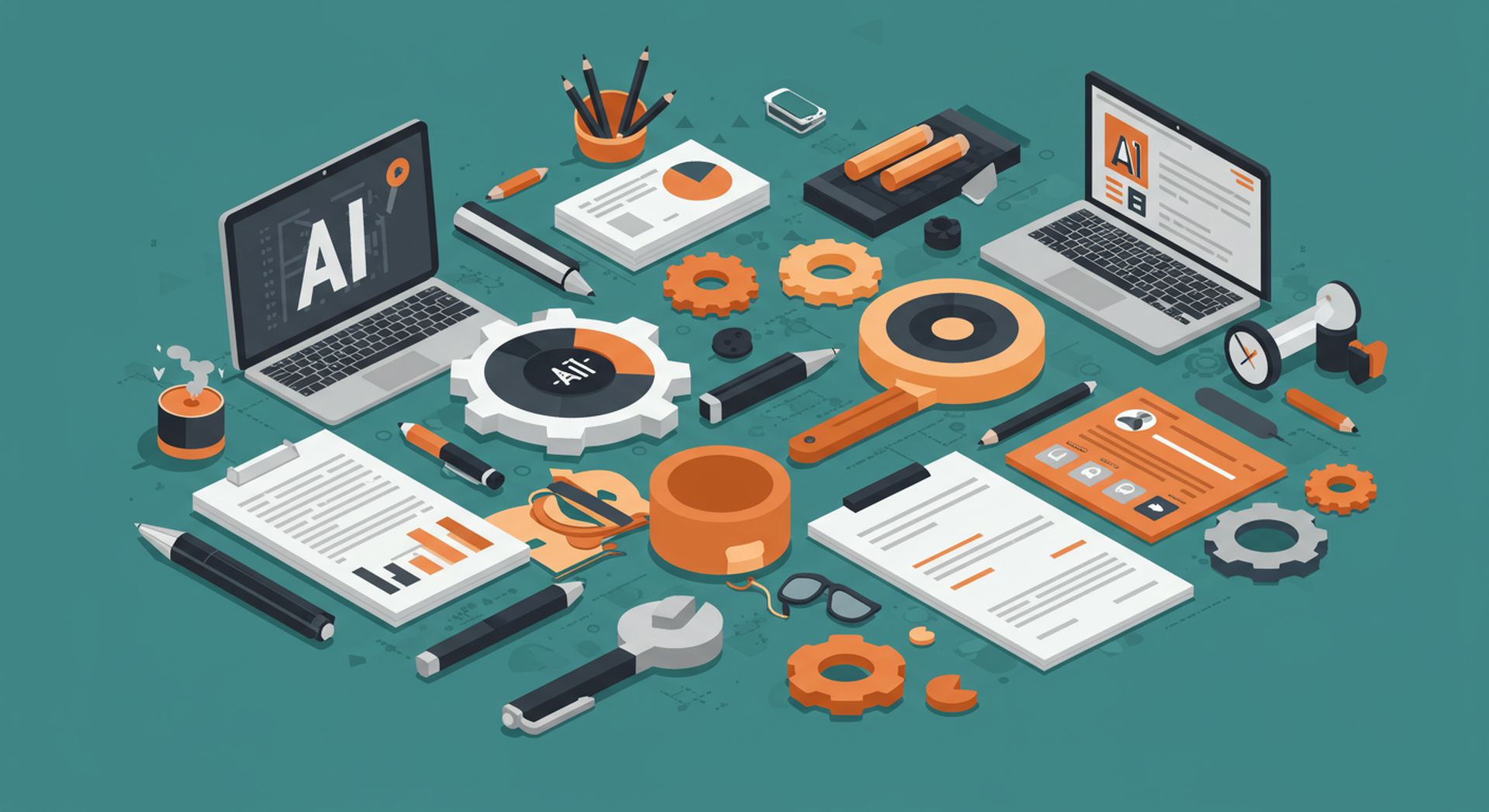
Artificial intelligence applications such as Lilt and Grammarly are revolutionizing the remote work industry by enhancing productivity in tasks like language translation and proofreading. These AI tools are contributing to the success of remote work companies like Upwork and Fiverr by improving the efficiency and quality of services provided to remote work product consumers.
Read more
Artificial intelligence is revolutionizing the remote work industry, with companies like Zoom integrating AI-powered features like virtual backgrounds and noise cancellation to enhance user experience. Machine learning algorithms are being used by remote work platforms such as Slack to improve productivity through intelligent chatbots and personalized recommendations for users.
Read more
Zoho has launched Projects Plus, a project management platform that uses AI to help mid-sized and enterprise organizations make data-driven decisions. The platform leverages Artificial Intelligence to provide predictive insights and optimize project workflows, benefiting remote work companies like Appen and Toptal in improving efficiency and productivity.
Read moreSome companies are hesitant to fully embrace remote work due to the fear of losing control over employees and intellectual property in the age of AI-enabled entrepreneurship. Companies such as Zoom and Microsoft have invested in AI technologies like Natural Language Processing and Machine Learning to improve remote work experiences and productivity for their customers.
Read more
AI-powered tools and platforms like Microsoft Viva and Salesforce Tableau are being utilized by remote work companies to enhance employee well-being through personalized insights and feedback. These technologies leverage machine learning and natural language processing to provide data-driven solutions for improving work productivity and mental health in the remote work industry.
Read more
Artificial Intelligence technologies such as machine learning and natural language processing are enabling remote work companies like Zapier to streamline operations and increase productivity. These technologies are also helping small businesses like Tethr and Luminovo improve customer service and automate tasks, ultimately leveling the playing field in the remote work industry.
Read more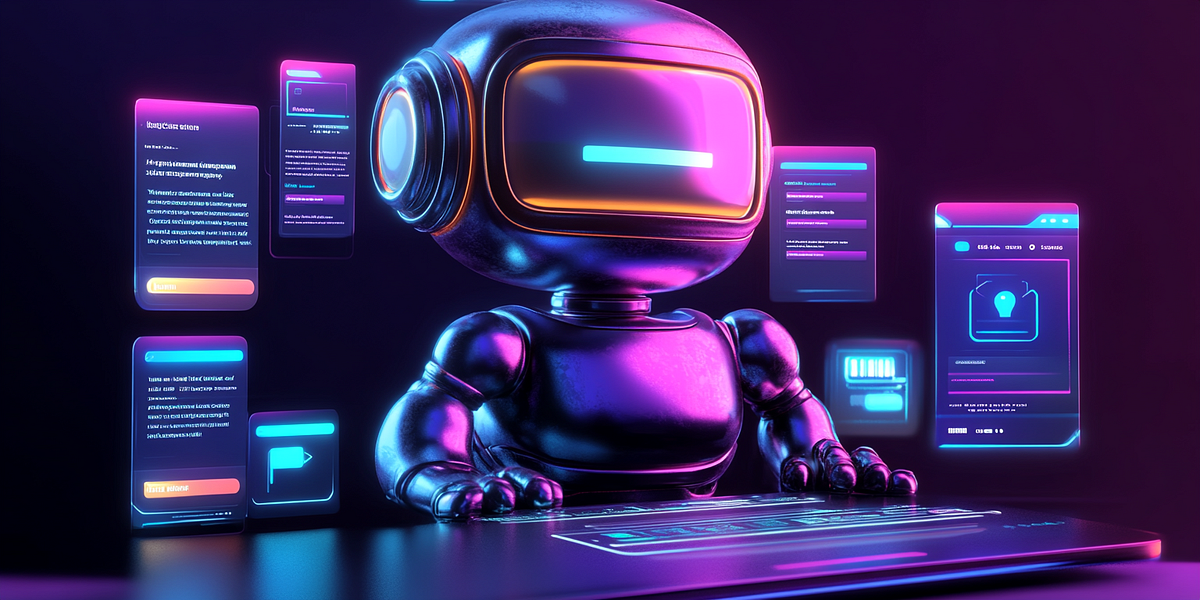
Artificial Intelligence assistants like GPT-3 are revolutionizing the remote work industry by enhancing productivity and communication for remote work companies such as Automattic and GitLab. These AI assistants are able to automate tasks, generate content, and provide valuable insights, making them indispensable tools for remote work product consumers seeking efficient and personalized solutions.
Read more
Artificial Intelligence and remote work have revolutionized modern business models by enabling companies like GitLab to efficiently operate on a remote basis with AI-powered tools like LLMs and GPT-3 enhancing communication and productivity. This shift towards remote work has been accelerated by the COVID-19 pandemic, prompting companies like Zoom to incorporate AI-driven features for improved virtual collaboration and communication.
Read more
AI tools like HireVue, Pymetrics, and Eightfold are being used in job interviews, sparking debates on ethical considerations and potential biases. These technologies can help streamline the hiring process and improve efficiency, but concerns about fairness and transparency remain among software development companies and consumers.
Read more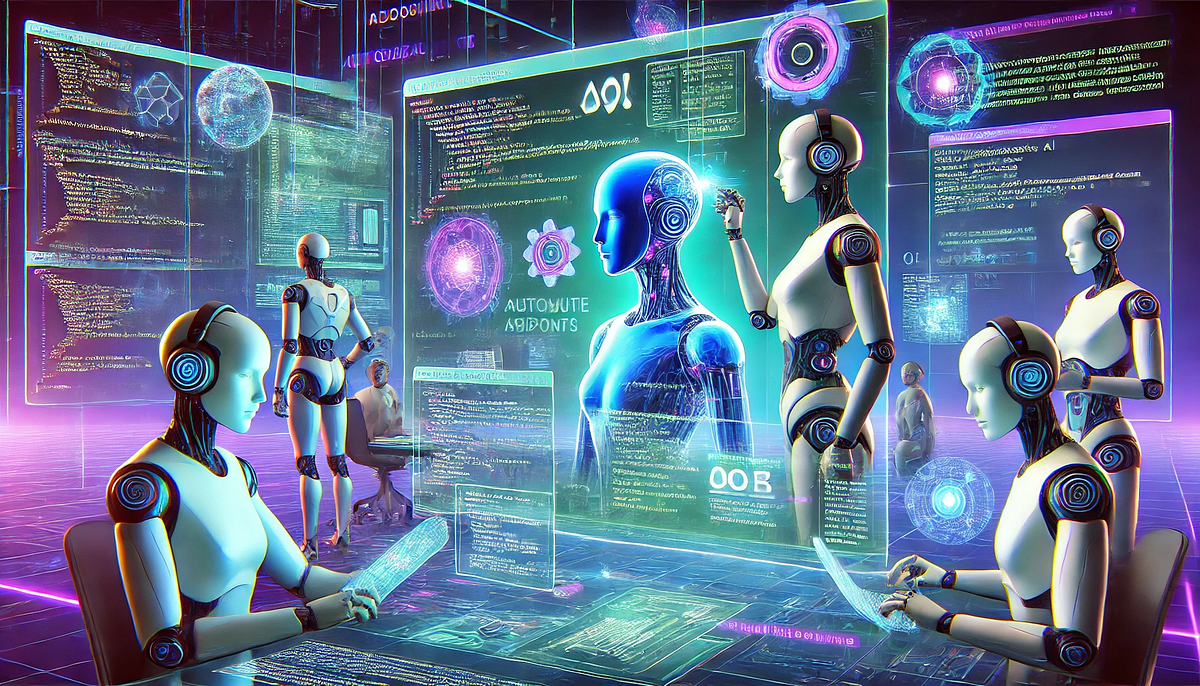
The agentic approach in software engineering focuses on empowering AI agents to take on more autonomy and decision-making responsibilities in the software development process. Companies like DeepMind and OpenAI are utilizing deep reinforcement learning techniques to develop AI agents that can independently design and implement software solutions, potentially transforming the software development industry by streamlining processes and improving efficiency.
Read moreThe software development industry is being transformed by advanced technologies like Artificial Intelligence and Reinforcement Learning, with companies like Microsoft using Machine Learning to improve their products. Neural Architecture Search is also revolutionizing the field, as seen with Google's AutoML technology.
Read more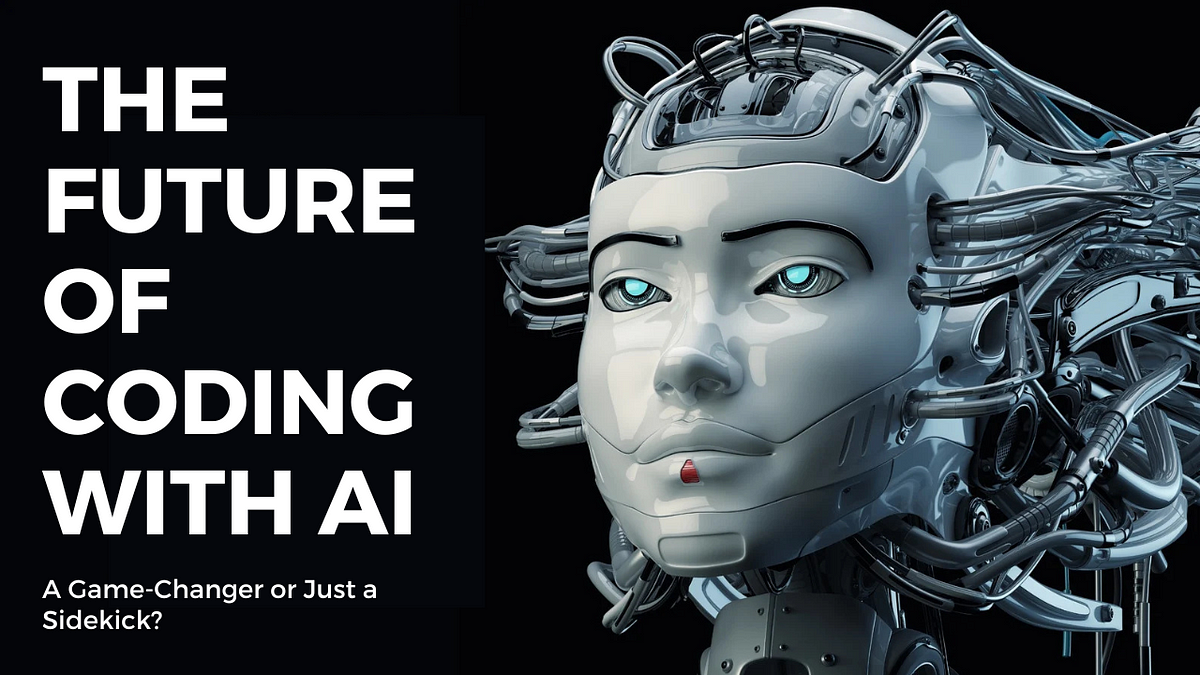
Artificial intelligence, specifically in the form of machine learning and natural language processing, is revolutionizing the software development industry by automating repetitive tasks and improving code quality. Companies like GitHub are utilizing AI to enhance developer workflows, while tools like OpenAI's GPT-3 are transforming how programmers interact with code.
Read more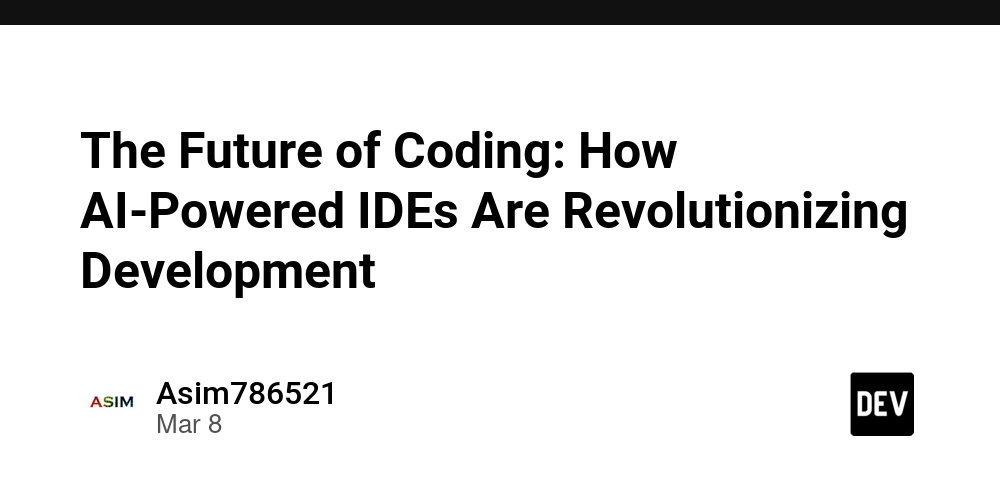
AI-powered IDEs such as GitHub Copilot are significantly improving developer productivity by providing code suggestions and auto-completion based on machine learning models. Companies like Google and Microsoft are investing heavily in AI development tools to enhance software development processes and products, changing the way developers work and increasing efficiency in the industry.
Read more
The integration of Artificial Intelligence and automation tools, such as Machine Learning and Neural Networks, are revolutionizing the software development industry by enhancing productivity, reducing errors, and optimizing workflows. Companies like Google, Microsoft, and Amazon have already implemented AI-driven solutions like GPT-3 and NLP to streamline their development processes and improve the overall quality of their products.
Read more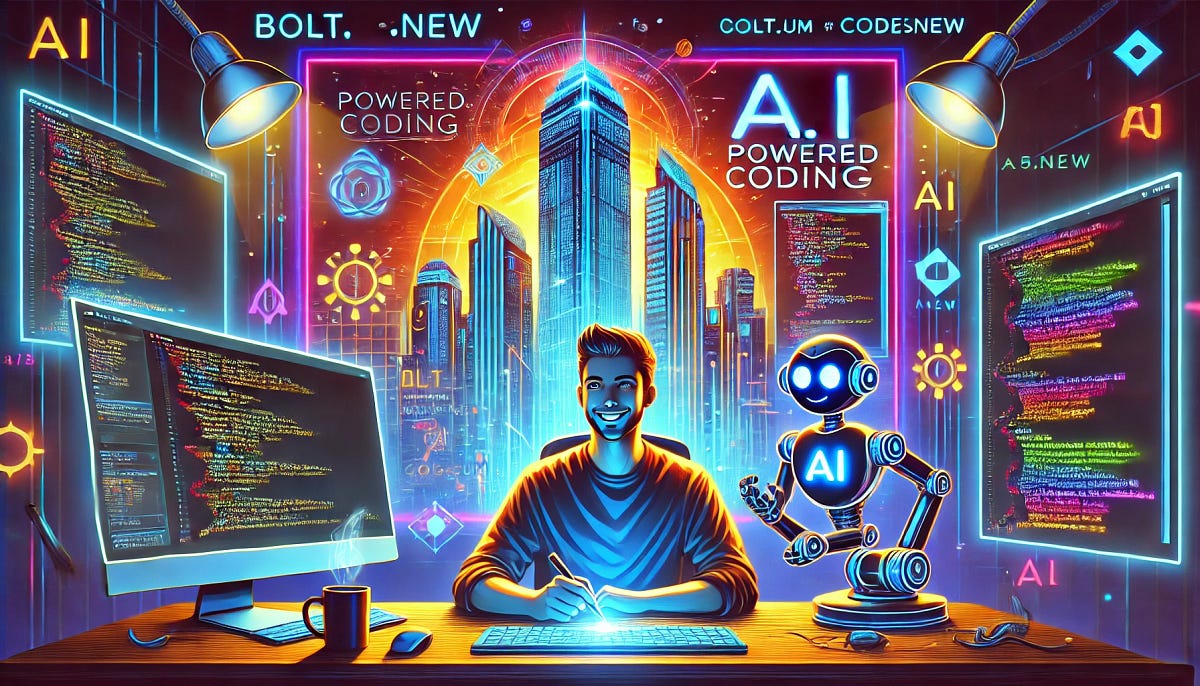
AI-powered coding tools, such as Codota and Kite, are drastically changing the landscape of software development by providing real-time code completion suggestions and bug detection capabilities through machine learning algorithms. These tools are enhancing developers' productivity and efficiency, ultimately leading to faster software development cycles and improved code quality in the industry.
Read more
Generative AI technologies such as GPT-3 are transforming the software development life cycle by automating tasks like code generation and bug fixing, leading to increased efficiency and productivity for companies like OpenAI and GitHub. These advancements in Artificial Intelligence, particularly in natural language processing and neural networks, are revolutionizing the way software development companies create products and how consumers interact with software development tools.
Read more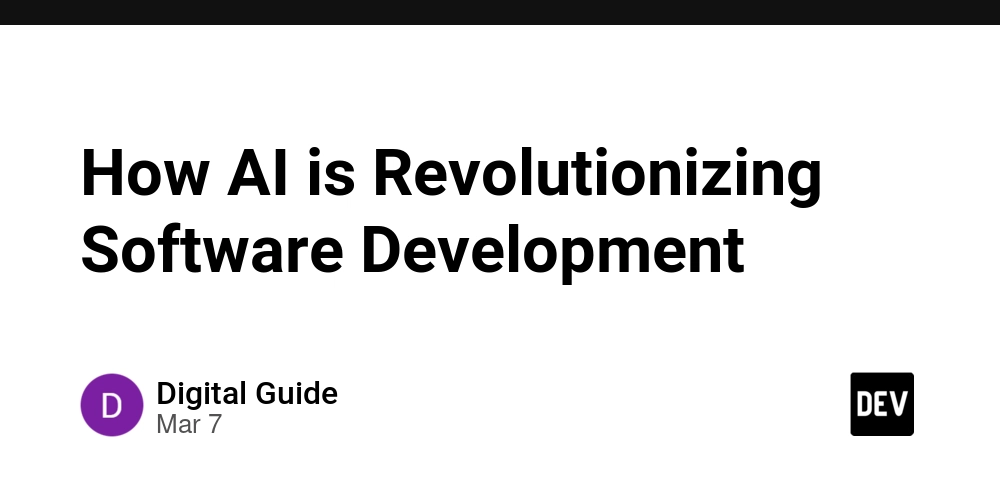
AI technologies such as Generative AI and GPT have significantly impacted the software development industry, with companies like GitHub using machine learning to improve code suggestions and Salesforce leveraging Natural Language Processing to automate tasks. These advancements in AI have not only increased efficiency in software development processes but have also enhanced the overall quality of products for consumers.
Read more
Python is increasingly becoming the language of choice for Artificial Intelligence and Machine Learning projects in the software development industry, with companies like Google, Facebook, and Netflix using Python libraries like TensorFlow and PyTorch for their AI initiatives. Python's versatility, readability, and extensive libraries make it a popular tool for developers working on Natural Language Processing (NLP), Deep Learning models, Computer Vision applications, and Neural Networks, driving the adoption of Python in the software development industry as well as by software development product consumers.
Read more
Artificial intelligence and machine learning are increasingly being integrated into DevSecOps and DevOps tooling to enhance security measures in software development, with companies like Microsoft, Google, and IBM offering AI-driven solutions such as Azure Security Center, Google Cloud Security Command Center, and IBM Security QRadar. These advancements in AI-powered security tools are helping software development companies and product consumers improve their cybersecurity posture, reduce vulnerabilities, and enhance threat detection capabilities.
Read more
YOLOM AI has launched an AI-native software factory to help software development companies like Alpha Software produce cutting-edge products like Alpha Transform utilizing state-of-the-art technologies such as LLMs and Generative AI. This new platform will revolutionize the software development industry by enabling faster, more efficient development processes and empowering software development product consumers to access advanced AI capabilities seamlessly without the need for technical expertise.
Read more
Artificial Intelligence and machine learning technologies such as GPT-3 and LLMs are revolutionizing the software development industry by enabling more efficient coding practices, automating mundane tasks, and enhancing productivity. Companies like OpenAI and DeepMind are leveraging these advanced AI technologies to streamline the software development process, leading to faster product development cycles and improved customer satisfaction.
Read more
AI technologies such as Machine Learning and Natural Language Processing are revolutionizing the software development industry by automating tasks, improving efficiency, and enabling developers to build smarter applications. For example, companies like GitHub are using AI-powered tools like CodeScans to help developers identify bugs and vulnerabilities in their code, while platforms like DeepCode are using AI to provide real-time code recommendations for developers looking to optimize their code quality.
Read moreSoftware development companies are increasingly using Generative AI technologies like GPT-3 and LLMs to automate tasks such as code generation and software testing, leading to increased productivity and efficiency in the industry. Companies like GitHub, OpenAI, and DeepMind are pioneering the use of AI to revolutionize the software development process, with a focus on creating smarter, more adaptive AI agents that can collaborate with human developers effectively by leveraging natural language processing and neural networks.
Read more
AI technologies such as Machine Learning and Natural Language Processing are transforming the software development industry, impacting companies like GitHub with Copilot and software products like Microsoft's Visual Studio IntelliCode. These advancements in AI are enhancing developer productivity, improving code quality, and driving greater innovation in the software development sector.
Read more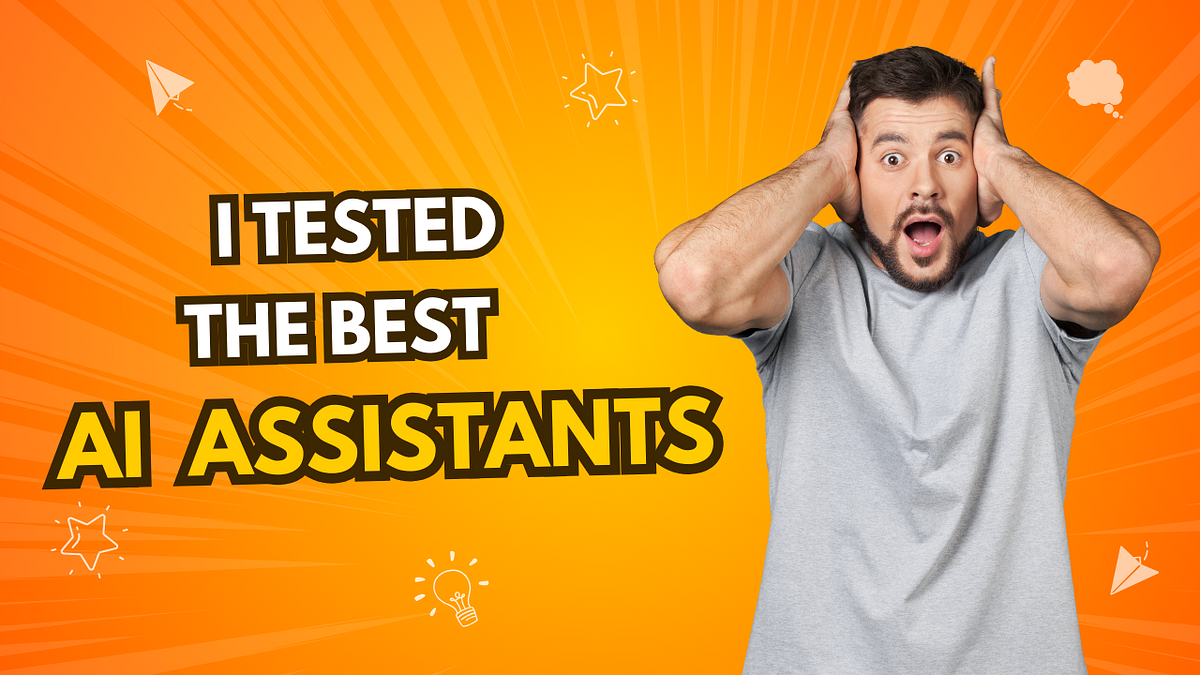
The article reviews various AI coding assistants like TabNine, Kite, and DeepCode, highlighting their features and capabilities in improving software development productivity. It explains how these AI tools, powered by natural language processing and machine learning algorithms, assist developers in writing code more efficiently, with examples of how companies like Google, Microsoft, and GitHub are integrating similar AI technologies into their software development processes.
Read more
This article explains machine learning concepts and its applications in generative AI, which includes deep learning models like GPT-3 and LLMs. It discusses how these technologies are revolutionizing the software development industry, with companies like OpenAI using them to develop cutting-edge natural language processing models for various consumer products.
Read moreGenerative AI technologies like GPT-3 are being increasingly used in the software development industry by companies such as OpenAI to automate tasks like code completion and bug detection. However, there are concerns regarding the ethical implications, accuracy, and potential biases of these AI systems, which require careful evaluation and monitoring by software development companies like Microsoft and Google to ensure the quality of their products and services.
Read more
Artificial intelligence is revolutionizing the way mechanical complex products are designed, with companies like Siemens AG implementing AI-driven design software to improve efficiency and innovation in the manufacturing industry. Machine learning, deep learning, and neural networks are being used to optimize product development processes, resulting in faster design iterations and cost savings for software development companies and their consumers.
Read moreArtificial Intelligence is transforming the software development industry by enhancing DevOps processes with automation and efficiency. Companies like Microsoft and Google are using AI-powered tools such as Azure DevOps and Cloud Build to streamline development pipelines, improve code quality, and accelerate software delivery to consumers.
Read more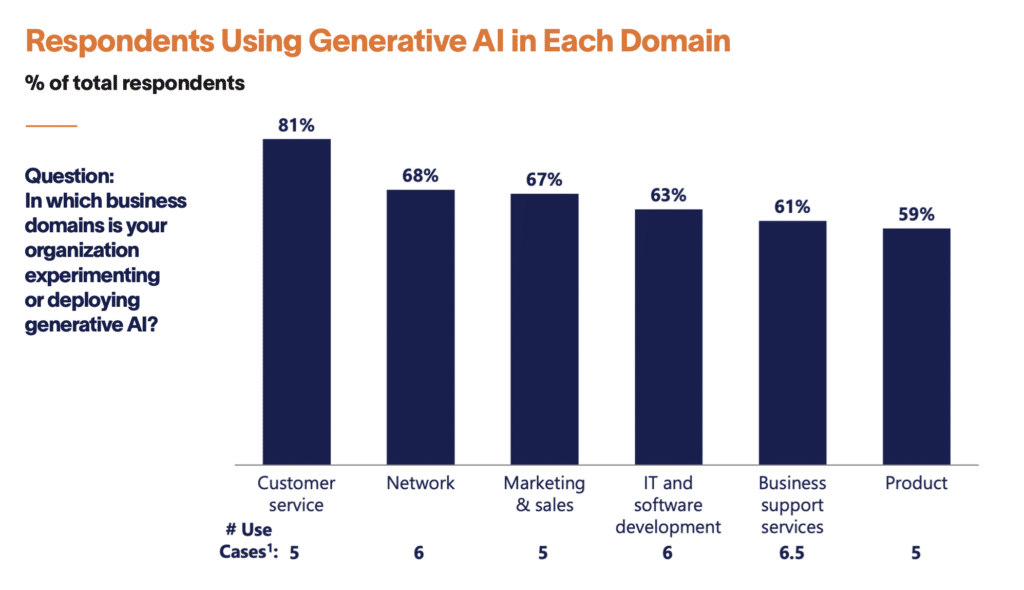
Only 30% of telecom providers successfully implement Generative AI use cases, with companies like AT&T and Verizon investing in technologies like Deep Learning and Natural Language Processing to improve customer service and automate processes within the Software Development Industry. The slow adoption of AI technologies by software development companies can hinder efficiency and innovation for software development product consumers, making it crucial for enterprises to prioritize AI integration strategies for long-term success.
Read moreArtificial Intelligence, specifically Machine Learning and Natural Language Processing, have been implemented by software development companies like OpenAI and GitHub to enhance the efficiency and quality of web development processes. These technologies, such as OpenAI's GPT models and GitHub's Copilot, are revolutionizing the software development industry by automating tasks, providing code suggestions, and improving overall productivity for software development product consumers.
Read more
Artificial Intelligence, particularly Machine Learning and Natural Language Processing, is revolutionizing the software development industry by enabling companies like OpenAI to develop powerful language models such as GPT-3. These advancements are empowering software development companies to create more efficient and innovative applications, ultimately benefiting software development product consumers through improved user experiences and capabilities.
Read more
AI-powered tools are revolutionizing the software development industry, with companies like DeepCode and ZenHub utilizing machine learning and AI algorithms to enhance debugging processes. By leveraging Natural Language Processing (NLP) and Neural Networks, these tools are able to analyze code, provide recommendations, and improve overall developer productivity.
Read more
Artificial Intelligence is increasingly being used in software development, with companies like Google using AI to help developers write code and Salesforce using AI to detect errors in code. As AI becomes more prevalent in the industry, software developers will need to continually update their skills to stay competitive in the job market.
Read more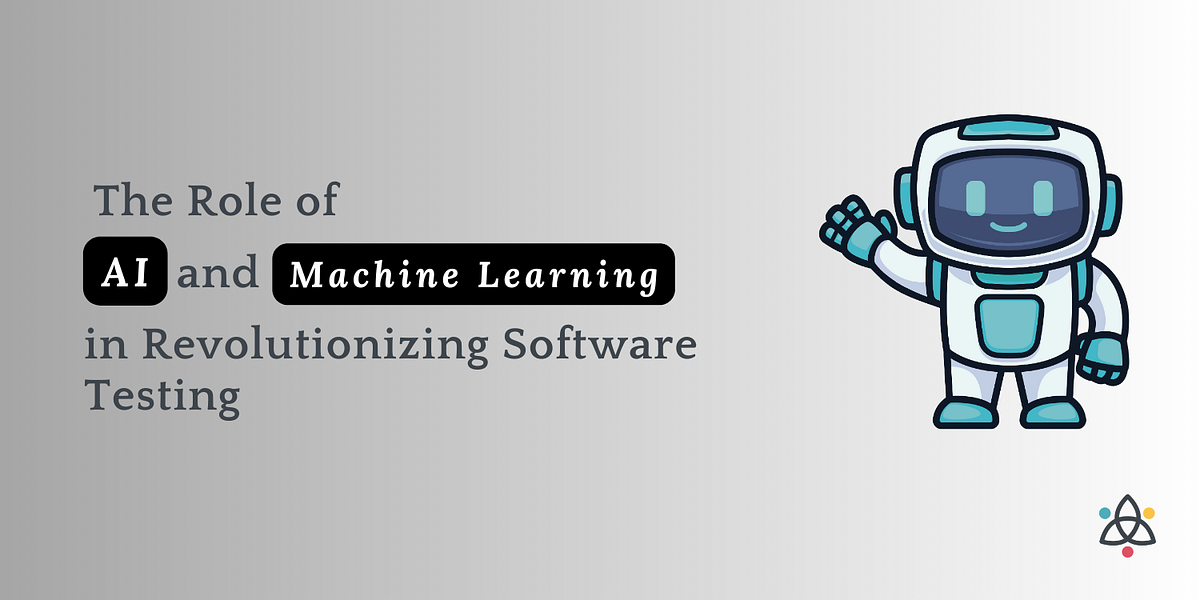
AI and machine learning are transforming the software testing industry by improving test automation, defect detection, and efficiency. Companies like Mabl and Testim are leveraging AI to enhance their testing tools, while consumers are benefiting from higher quality software products and faster delivery times as a result of these advancements.
Read more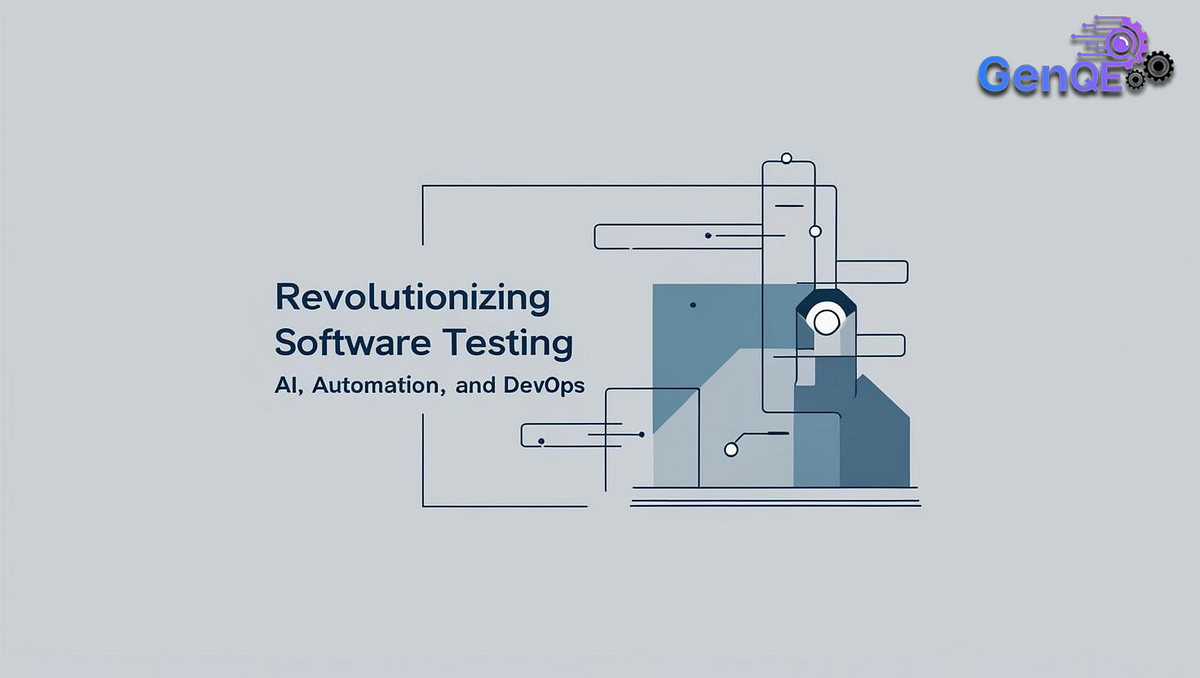
Software development industry is being transformed by AI automation and DevOps, with companies like Appdiff and Applitools using machine learning and computer vision to automate testing processes. AI-powered tools like those offered by Mabl and Testim are revolutionizing software testing by utilizing deep learning neural networks to enhance test coverage and accuracy.
Read moreThe use of an AI scraper and Large Language Models (LLMs) like GPT-3 to train a chatbot on GitHub repositories has created new possibilities for software development companies like Stackademic, enabling them to automate tasks like answering technical questions and providing code suggestions. This integration of Artificial Intelligence and Machine Learning in software development industry not only enhances productivity but also improves the overall user experience for software development product consumers.
Read more
Artificial Intelligence technologies such as machine learning and deep learning are revolutionizing the software development industry, enabling companies like Atomwise to speed up drug discovery processes and Grammarly to enhance its writing assistance tools. While concerns about developers being replaced by AI persist, the integration of these technologies in software development products is proving to be beneficial for both developers and consumers.
Read more
Artificial Intelligence, specifically Machine Learning and Deep Learning, is being used in the software development industry to automate repetitive coding tasks. Companies like GitHub and Microsoft have implemented AI tools like GitHub Copilot and IntelliCode to assist developers in writing code more efficiently and accurately, ultimately enhancing productivity and reducing errors.
Read more
Artificial Intelligence technologies such as Machine Learning and Natural Language Processing are being used by software development companies like OpenAI and GitHub to enhance front-end development processes and improve user experience. For example, GitHub's Copilot uses Generative AI to assist developers in writing code efficiently, while OpenAI's GPT-3 is being incorporated into tools like DeepCode to optimize code quality and reduce errors in software development projects.
Read more
Artificial intelligence, machine learning, and deep learning are transforming the software development industry, with companies like Microsoft utilizing Generative AI for code completion in Visual Studio and OpenAI developing large language models (LLMs) like GPT-3. These advancements in Natural Language Processing (NLP), Computer Vision, and Neural Networks are revolutionizing software development products and services, creating more efficient and intelligent solutions for consumers.
Read moreAmazon is developing AI technology to help prevent job candidates from using AI to cheat on interviews by analyzing facial expressions and body language. This highlights the impact of AI on the software development industry, with companies like Interviewer.AI and HireVue offering AI-powered tools for recruitment processes.
Read more
Discover how tools like ChatGPT can significantly increase productivity for software developers by aiding in coding tasks, such as generating code snippets or providing explanations for errors. Companies like OpenAI are leveraging advances in Natural Language Processing to create AI models like GPT-3, which can transform the software development industry by streamlining coding processes and enhancing the capabilities of developers.
Read more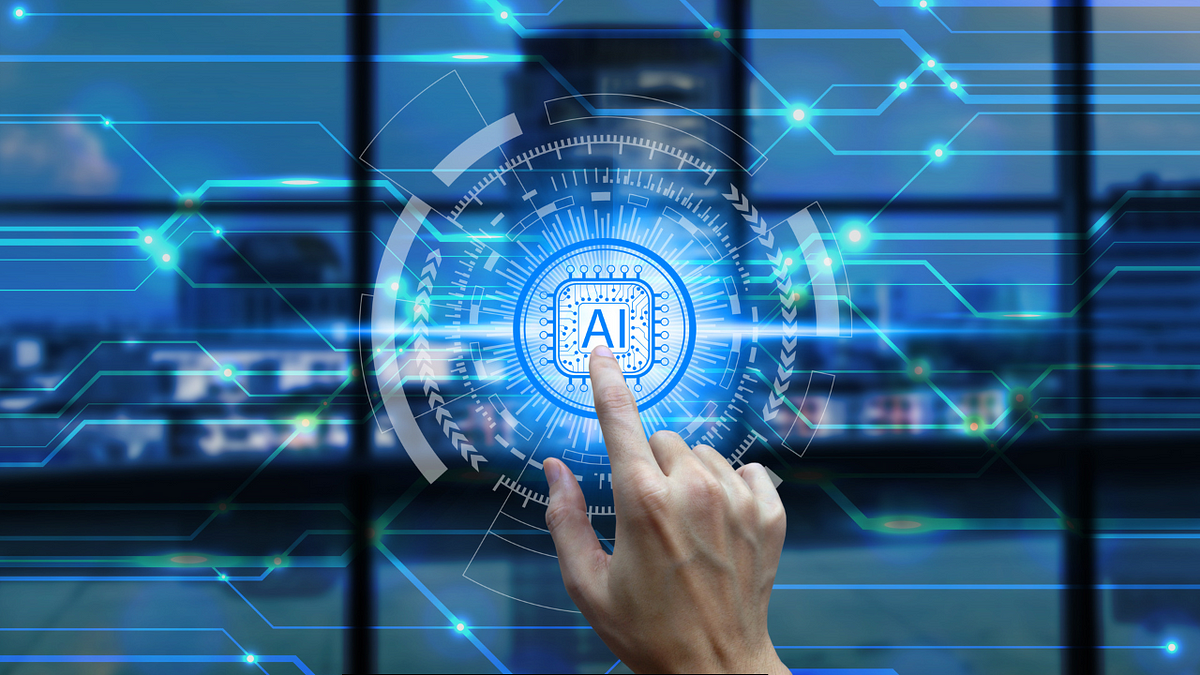
Artificial Intelligence, Machine Learning, and Natural Language Processing are reshaping the software development industry, with companies like Google using AI to optimize their code review process, and Microsoft leveraging Machine Learning to improve their Azure cloud services. Software development companies are increasingly incorporating AI technologies such as Neural Networks and GPT in their products to enhance functionality and efficiency for consumers, resulting in significant benefits for businesses in terms of scalability, productivity, and cost-effectiveness.
Read more
Gemini Code Assist, an AI tool developed by Microsoft, uses machine learning and natural language processing to help software developers write better code faster. By leveraging AI capabilities such as LLMs and GPT models, this tool is expected to revolutionize the software development industry by providing real-time suggestions and improvements to developers, ultimately benefiting software development companies and consumers by increasing productivity and code quality.
Read more
COMLINE will launch GenAI as a service based on HPE Private Cloud AI to provide AI solutions for software development companies like Genesys and SAP, enhancing the efficiency of software development processes and products, leveraging technologies such as Machine Learning and Natural Language Processing.
Read more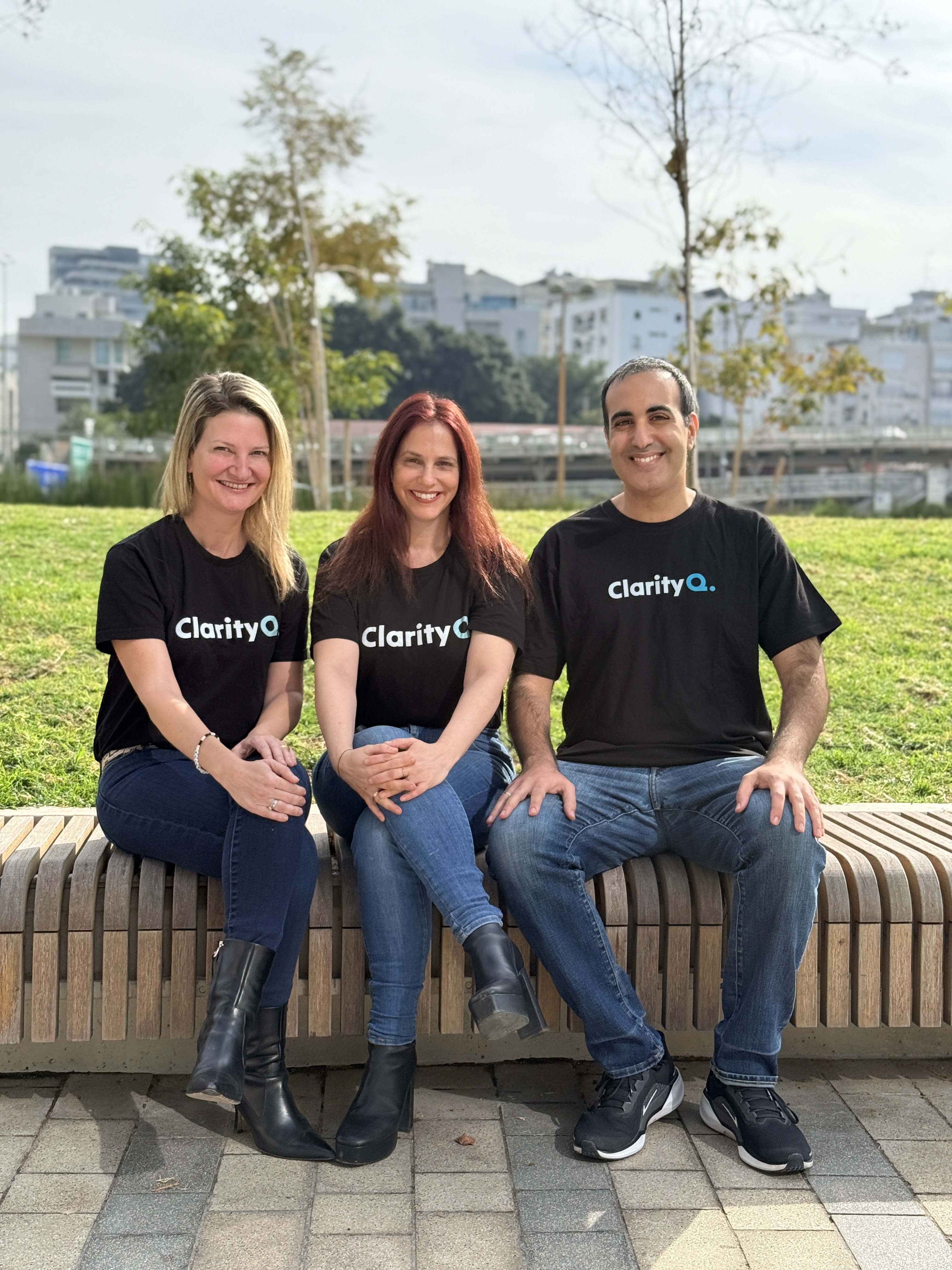
ClarityQ raised $3.7 million to apply artificial intelligence for digital product usage analysis, with a focus on helping software development companies like Microsoft and IBM improve their products using AI-driven insights into user behavior. This investment showcases the growing importance of AI technologies like machine learning and natural language processing in the software development industry, providing companies with valuable tools to enhance their products and better serve their customers.
Read more
Artificial Intelligence is revolutionizing the software development industry by enhancing code quality, automating repetitive tasks, and improving productivity. Companies like GitHub are using Machine Learning to assist developers in writing better code, while startups like Codota are using AI to provide real-time code suggestions to programmers, transforming the way software products are developed and consumed.
Read more
AI-powered test automation is revolutionizing the software quality assurance industry by enhancing speed, accuracy, and efficiency in identifying bugs and defects in applications. Companies like Testim and Mabl are leading the way in developing AI-driven testing tools that utilize machine learning algorithms to improve the overall quality of software products and streamline the testing process.
Read more
Artificial Intelligence technologies such as Machine Learning and Natural Language Processing are transforming the software development industry, with companies like OpenAI using models like GPT-3 to develop innovative products that enhance user experiences, streamline processes, and drive efficiency. Software development companies like DeepMind are leveraging Neural Networks to push the boundaries of AI research, offering new possibilities for developing cutting-edge solutions that cater to the evolving needs of consumers.
Read more
The software development industry is seeing a shift towards Artificial Intelligence and Machine Learning technologies, with companies like Infosys and TCS investing in upskilling their workforce to meet the growing demand for AI-related skills. As businesses increasingly adopt AI-driven solutions, the quality of hiring in the software development sector may be impacted, leading to a potential decrease in the number of available jobs for traditional software developers.
Read more
AI-powered coding assistants such as Tabnine and Kite are revolutionizing the software development industry by enhancing productivity and providing intelligent code completion suggestions using Machine Learning and Neural Networks. These tools utilize Natural Language Processing to understand context and provide accurate code recommendations, ultimately improving code quality and speeding up the development process for software development companies and individual developers alike.
Read moreAI technologies such as Generative AI, LLMs, and NLP are being used in software development for automated testing and debugging processes, leading to faster and more flawless software products. Companies like Webomates Inc. are leveraging Machine Learning and Neural Networks to improve the efficiency and accuracy of software testing, ultimately benefiting software development industry and consumers.
Read more
AI technologies such as OpenAI's GPT-3 and Microsoft's DeepCoder are being utilized by software development companies like GitHub and Codota to automate repetitive coding tasks, increasing productivity and efficiency in the industry. This automation has enabled software developers to focus on more complex and creative aspects of their work, ultimately improving the quality of software products for consumers.
Read more
AI plays a crucial role in enhancing efficiency and accuracy in regression testing for software development companies. Companies like Testim and Tricentis are utilizing AI technologies such as Machine Learning and Neural Networks to improve testing processes and product quality for consumers.
Read more
The article highlights 10 free AI agent courses that cater to individuals ranging from beginner to expert levels, focusing on Artificial Intelligence, Machine Learning, Deep Learning, and Natural Language Processing. Companies like Google, Microsoft, and IBM offer courses such as Google's Machine Learning Crash Course, Microsoft's AI Business School, and IBM's Applied AI for Enterprise, which can benefit software development companies by upskilling their teams in cutting-edge technologies for better software products and services.
Read more
AI-driven testing using tools like Testim and Applitools is revolutionizing the software development industry by allowing for more efficient and scalable testing processes through the use of Machine Learning and Neural Networks. Companies like Microsoft and Amazon are already leveraging AI technologies in their software development practices to improve quality and speed up testing cycles, ultimately leading to more reliable and customer-focused software products.
Read more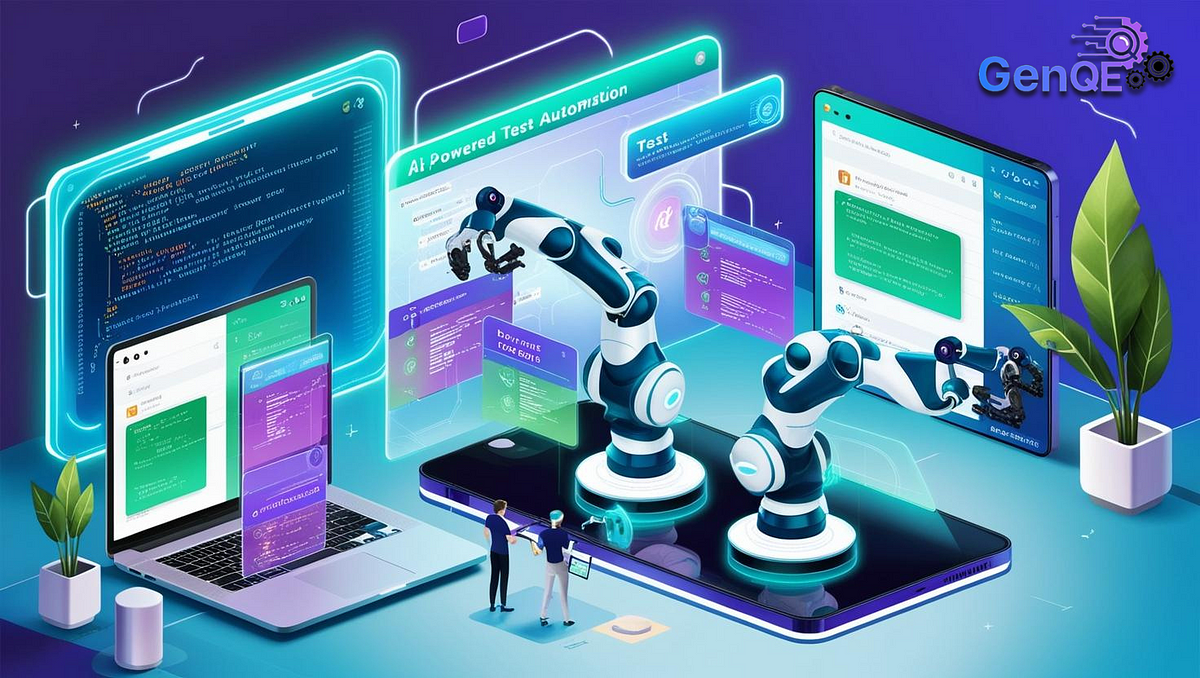
AI-powered test automation is revolutionizing the software testing industry, with companies like Testim and Functionize using Machine Learning and Artificial Intelligence to create autonomous testing platforms that reduce manual effort and improve efficiency. By leveraging technologies such as Natural Language Processing and Neural Networks, these companies are able to provide more accurate test results and faster feedback to software development teams, ultimately leading to higher quality products and improved customer satisfaction.
Read more
Artificial Intelligence, Machine Learning, and Generative AI are revolutionizing the Software Development Industry, with companies like Functionize and Testim leading the way in Autonomous Testing. These technologies are enhancing the efficiency and accuracy of software QA processes, benefiting both software development companies and their product consumers.
Read more
Artificial Intelligence, Machine Learning, and Neural Networks are increasingly being integrated into software development by companies like Microsoft and Google to enhance their products and services. Natural Language Processing technologies such as OpenAI's GPT-3 are also being utilized to improve customer interactions and automate tasks within the software development industry, leading to more efficient and innovative software solutions for consumers.
Read more
Agentic AI is being used in the Software Development Industry to revolutionize cybersecurity and application security. Companies like Snyk and Contrast Security are utilizing Machine Learning and Natural Language Processing to enhance their security products and protect consumers from potential threats.
Read more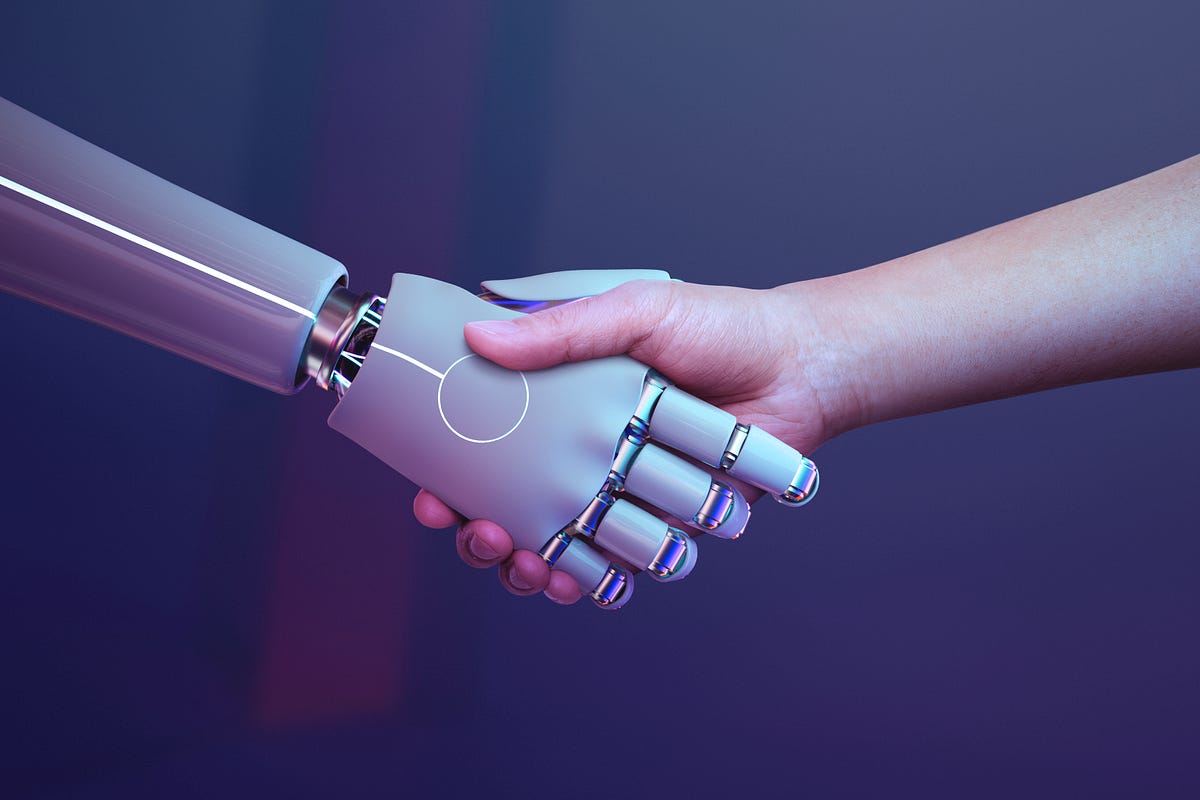
The adoption of Artificial Intelligence technologies such as Machine Learning and Natural Language Processing is revolutionizing the software development industry, with companies like Microsoft incorporating these technologies into their products like Azure Cognitive Services. This shift towards AI-powered software development is enabling more efficient and innovative solutions for consumers, ultimately shaping the future of the industry by 2025.
Read more
Here Technologies has developed an AI-powered Intelligent Guidance Assistant that uses location data and AI to optimize routes for software-defined vehicles, benefiting transportation companies like Daimler Trucks North America. This technology showcases the impact of Machine Learning and AI on the Software Development Industry, offering innovative solutions for software development companies and their product consumers in the transportation sector.
Read more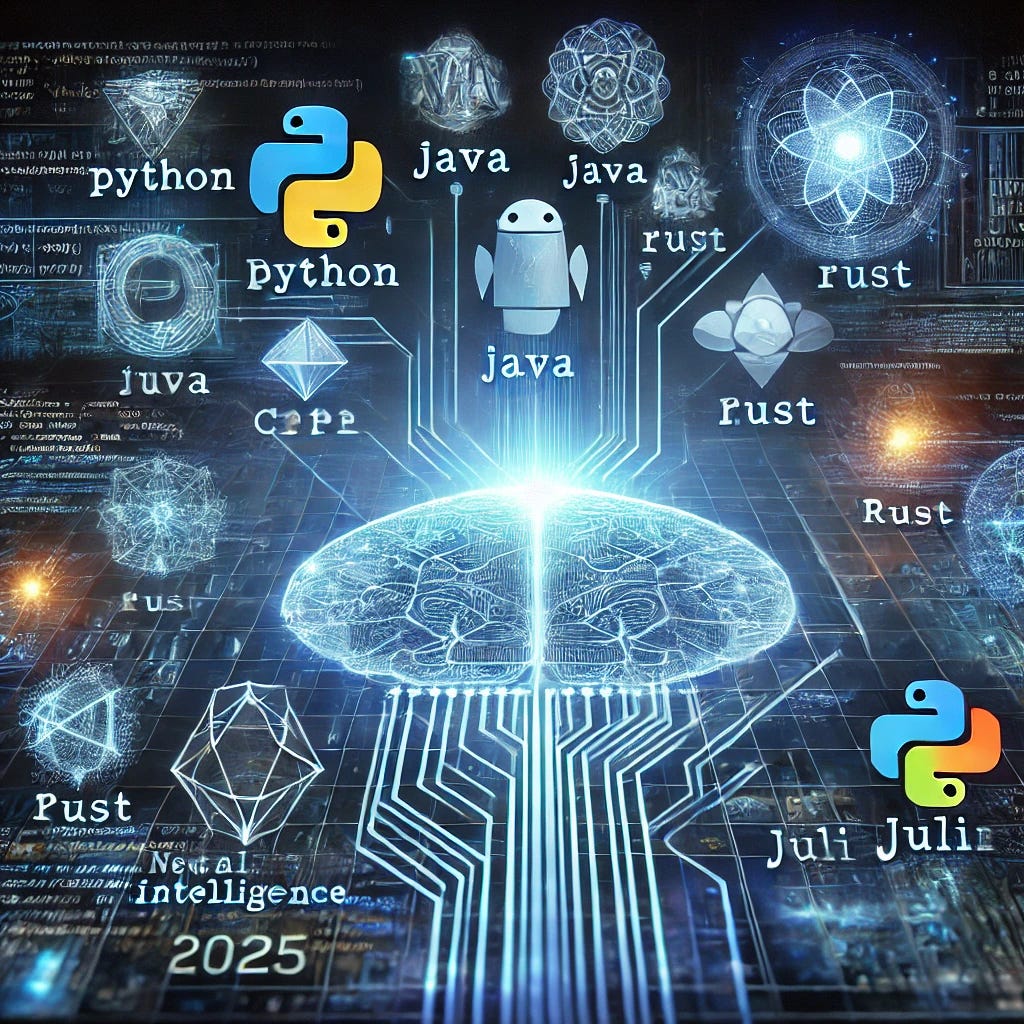
Python, Java, and C++ are predicted to be the best programming languages for AI development in 2025. Software development companies like Google, Microsoft, and Facebook are leveraging these languages for their AI projects, which are increasingly incorporating Natural Language Processing and Computer Vision capabilities to meet the demands of consumers in various industries.
Read more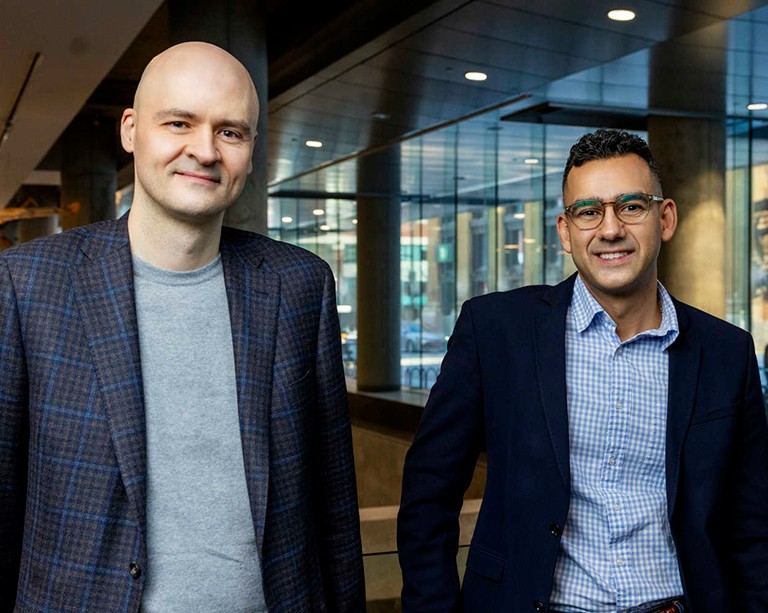
Concordia University has collaborated with the National Bank of Canada to enhance the development of trustworthy artificial intelligence systems in the software development industry. This partnership aims to address ethical concerns and build advanced AI models, such as LLMs and NLP, that benefit software development companies like Shopify and software development product consumers like Amazon.
Read more
Fractal is leveraging Agentic AI to help companies make data-driven decisions and drive revenue growth, with their platform CogentiQ. Through the use of sophisticated AI algorithms, Fractal's solution enables companies like Novartis and P&G to optimize their marketing strategies, customer engagement, and overall business operations in the software development industry.
Read more
AI coding assistants such as OpenAI's CodiumAI and Windsurf are revolutionizing the software development industry by automating code writing, debugging, and testing processes. These tools leverage machine learning and neural networks to improve productivity and assist developers in creating higher-quality software products, ultimately benefiting software development companies like Microsoft and Google, as well as the end consumers of software products.
Read more
Digiprima Technologies has introduced a cutting-edge Generative AI solution called GPT Box, which leverages advanced artificial intelligence technologies to enhance the software development process for companies like Home Depot, McDonald's, and Volkswagen. This innovative tool utilizes deep learning and natural language processing to generate high-quality code, significantly improving efficiency and productivity in the software development industry.
Read more
The use of Amazon OpenSearch Service as a vector database in AI applications can significantly enhance search results, as demonstrated by the integration of OpenSearch Service with Amazon Bedrock to improve recommendation systems for software development companies like Netflix and Spotify. This integration enables more accurate and efficient retrieval of information for software development product consumers, ultimately leading to a better user experience and increased customer satisfaction.
Read more
QoDoAI is a new platform that uses an AI system named AgenticAI to assist software developers in writing code faster and more efficiently. This technology utilizes Machine Learning and Natural Language Processing to understand and generate code snippets, benefiting software development companies and individuals like Jane, who improved her productivity by using QoDoAI to automate repetitive coding tasks.
Read more
AI tools such as GPT-3 and LLMs are transforming the software development lifecycle by automating coding tasks and improving developer productivity. Companies like Microsoft and Google are leveraging AI, Machine Learning, and Natural Language Processing to enhance software development processes and deliver innovative products to consumers.
Read more
Artificial Intelligence, specifically in the form of AI-powered tools and platforms like OpenAI's GPT-3 and Google Cloud's Natural Language API, is revolutionizing the software development industry by streamlining processes, improving efficiency, and enabling developers to create more advanced and innovative products. As a result, software development companies and product consumers are increasingly prioritizing AI capabilities in their services and solutions to stay competitive and meet evolving technological demands.
Read more
Artificial intelligence and machine learning technologies are transforming the software development industry, with companies like IBM using AI to enhance software development processes and improve customer experience. By leveraging AI tools such as neural networks and natural language processing, software companies can develop more efficient products and enhance overall business performance.
Read more
Artificial Intelligence, particularly through Machine Learning and Neural Networks, is revolutionizing the Software Development industry by automating tasks, improving code quality, and enhancing productivity. Companies like GitHub are utilizing AI to help developers write better code, while platforms like DataRobot are using AI to streamline the software development process and make it more efficient for product consumers.
Read more
Artificial Intelligence technologies such as Natural Language Processing (NLP) and Generative Pre-trained Transformers (GPT) are being utilized by software development companies like OpenAI and Google to speed up innovation by enabling rapid prototyping. These AI-driven tools are helping developers create and test new software solutions more efficiently, ultimately benefiting software development product consumers by delivering innovative products faster and more effectively.
Read more
Software development companies are increasingly incorporating Artificial Intelligence and Machine Learning technologies into their products to enhance user experience and improve efficiency. Companies like Grammarly and Salesforce are utilizing Natural Language Processing and Generative AI to develop intelligent tools and platforms that cater to the needs of their consumers and drive business growth.
Read moreLLMs, such as GPT, are transforming the software development industry by improving developer productivity through tasks like code completion and refactoring suggestions. Companies like GitHub are utilizing LLMs to enhance the coding experience for developers and provide more efficient software development tools for product consumers.
Read more
The article highlights that Artificial Intelligence (AI) technologies such as Machine Learning and Neural Networks are significantly impacting the software development industry, with companies like Microsoft using Generative Pre-trained Transformers (GPT) models to improve their products. It emphasizes the importance of integrating AI-driven solutions like Natural Language Processing (NLP) and Computer Vision into software development processes to meet the evolving needs of consumers in the digital era.
Read more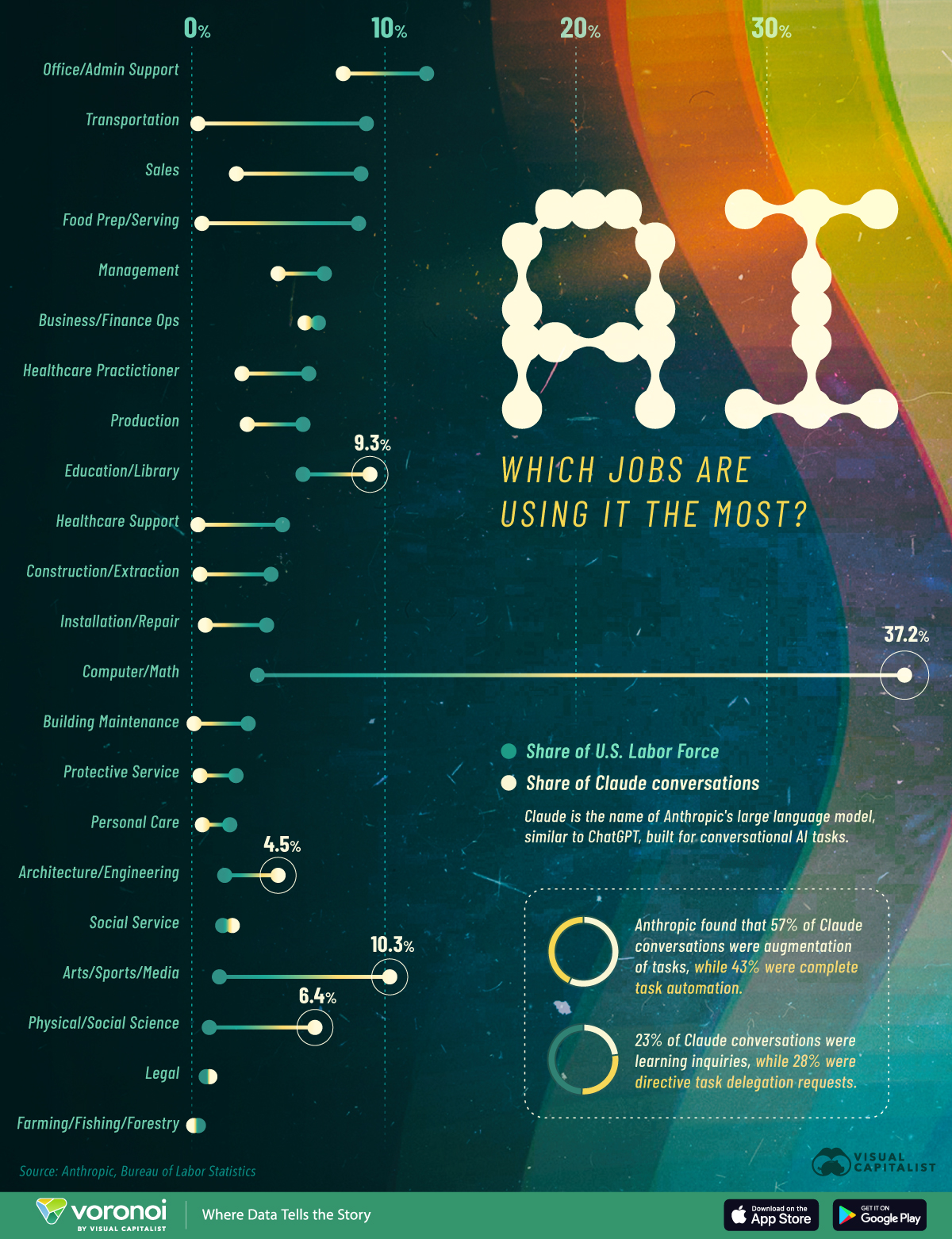
Artificial intelligence (AI) is being used extensively across various industries, with software development companies like Microsoft leveraging machine learning and neural networks in products such as Azure Cognitive Services to offer advanced solutions to consumers. Natural Language Processing (NLP) and Generative AI technologies like GPT-3 are also being utilized by organizations like OpenAI to enhance software development processes and create innovative software products.
Read more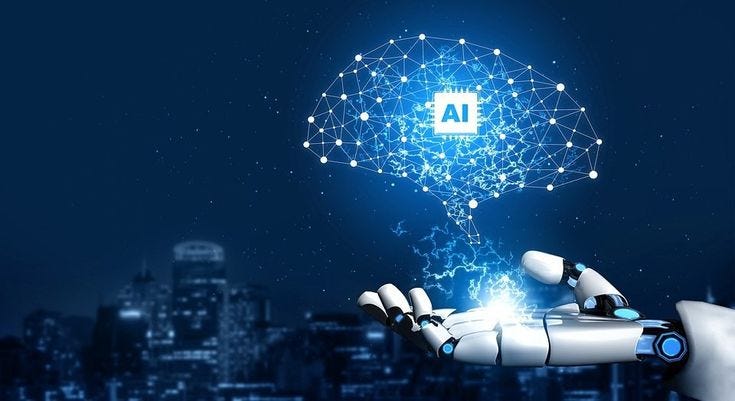
Generative AI technologies such as OpenAI's GPT-3 are transforming the software development industry by automating repetitive tasks, predicting code errors, and generating code snippets. Software development companies like GitHub are utilizing AI tools to improve collaboration, productivity, and code quality, ultimately enhancing the experience for software development product consumers.
Read moreArtificial Intelligence, specifically Machine Learning, is increasingly being used in the software development industry to predict and prevent chaos in software testing before it occurs. Companies like Webomates Inc. are leveraging these technologies to enhance their testing strategies and improve the quality of their software products, ultimately benefiting consumers by delivering more reliable and efficient software solutions.
Read more
AI-powered tools such as GitGuardian and DeepCode are changing the landscape of software development by utilizing Machine Learning algorithms to improve code quality and detect security vulnerabilities. These advancements are enabling software development companies like Microsoft and Google to streamline their development processes and enhance the overall quality of their products, ultimately benefiting the software development industry and consumers alike.
Read more
This article discusses the impact of Artificial Intelligence on the software development industry, with a focus on the increasing use of Machine Learning, Deep Learning, and Generative AI. Companies like OpenAI with their GPT-3 language model and Microsoft with their Azure Cognitive Services are developing innovative products that incorporate Natural Language Processing and Neural Networks, revolutionizing software development practices and enhancing software products for consumers.
Read more
Artificial Intelligence is being used by Google to generate video previews for YouTube, leading to a potential flood of AI-generated content on the platform. This technology, including Generative AI and NLP, could significantly impact the Software Development Industry, companies like Google, and digital content consumers on platforms like YouTube.
Read moreArtificial Intelligence is revolutionizing the software development industry by enhancing tools and improving efficiency for companies and consumers alike. For example, Mabl is utilizing AI and machine learning to automate testing processes, while DeepCode is using AI to analyze code and provide automated suggestions for improvements.
Read more
AI-powered auto code is revolutionizing software development, with companies like Codota and Kite using Machine Learning to provide developers with intelligent code suggestions and completions. This technology is streamlining the coding process and increasing productivity for software development companies, ultimately benefiting the end consumers with faster and more efficient software products.
Read more
Emerging technologies like Artificial Intelligence and Machine Learning are predicted to boost India's IT productivity by up to 45% in the coming years, benefiting software development companies like Infosys and TCS. Companies utilizing Generative AI tools such as OpenAI's GPT-3 for tasks like Natural Language Processing and Computer Vision are expected to see significant improvements in their software development processes.
Read more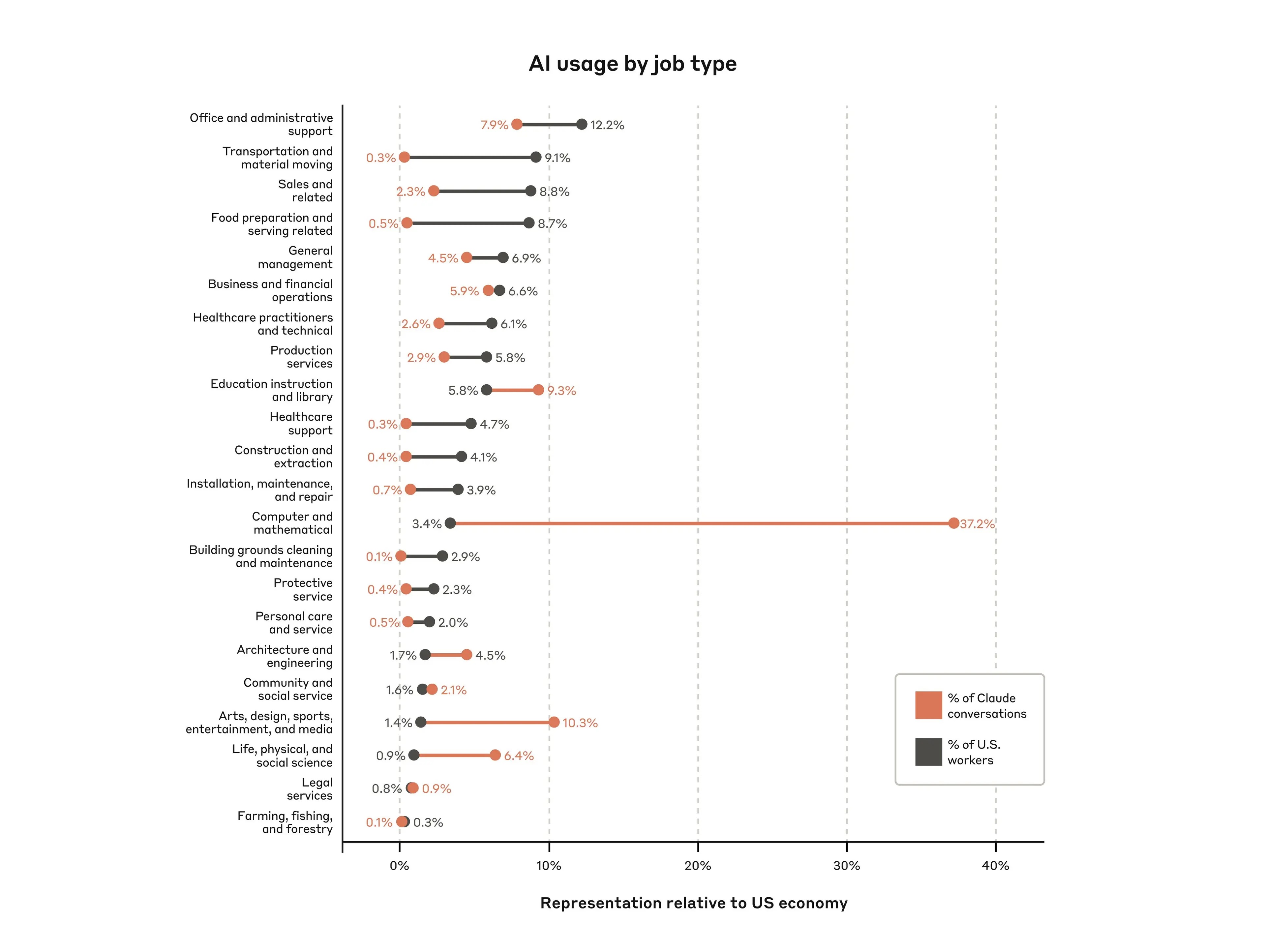
AI is increasingly being incorporated into various aspects of the software development industry, with companies like Google using machine learning and deep learning to enhance products like Google Search and YouTube. Natural Language Processing (NLP) and neural networks are being utilized by companies such as Facebook in developing language translation tools and content moderation algorithms.
Read more
The impact of AI technologies such as Deep Learning and Natural Language Processing on the software development industry is evident in the emergence of advanced tools like CodeGPT and Tabnine that assist developers in writing code more efficiently. Software development companies like OpenAI and GitHub are leveraging these AI advancements to enhance their products and services, ultimately benefiting software development product consumers by improving productivity and code quality.
Read more
Raji Arasu, CTO of Autodesk, emphasizes the importance of diversity in teams developing AI technologies to address potential biases and ensure ethical considerations. She highlights the need for collaboration between different backgrounds and experiences in companies like OpenAI, which faced criticism for lack of diversity in its team developing GPT-3.
Read more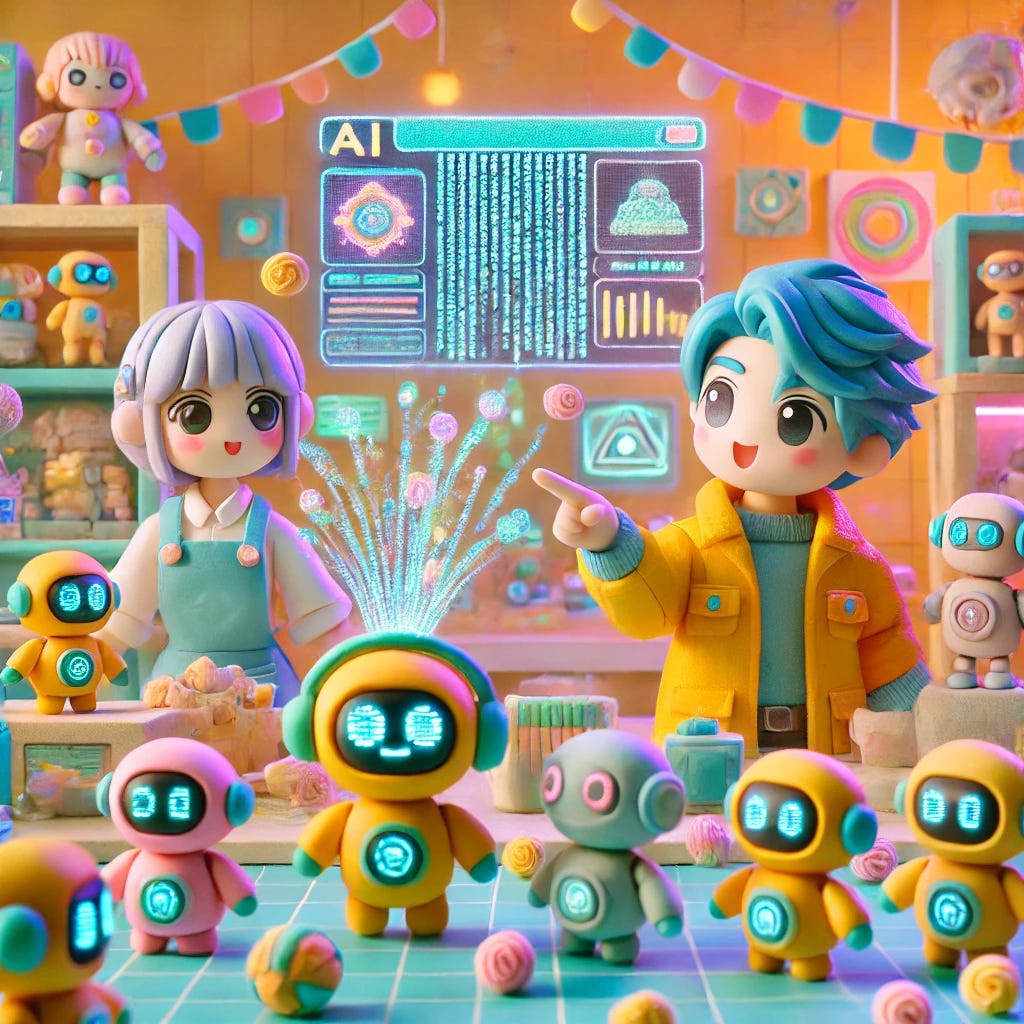
The software development industry is seeing a shift towards AI-orchestrated engineers who use tools like GPT-3, LLMs, and other AI technologies to automate coding tasks, leading to increased efficiency and productivity. Companies like OpenAI are developing advanced AI models that can assist developers in writing code, while software development product consumers are benefiting from faster delivery times and improved software quality as a result of AI integration.
Read more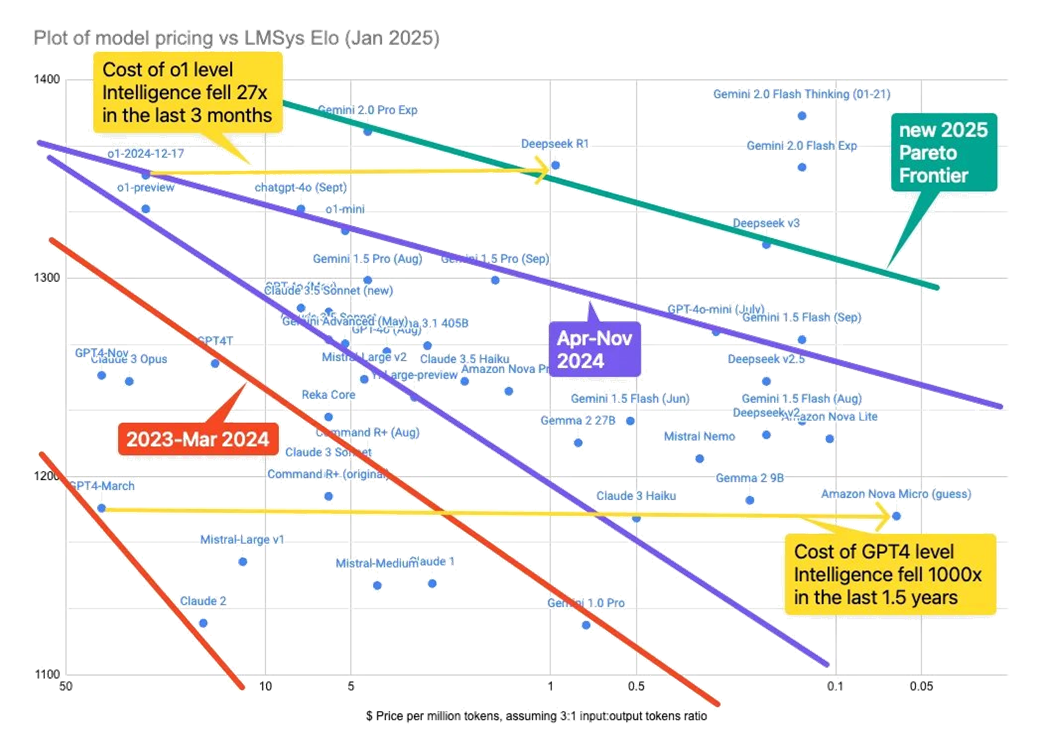
Artificial Intelligence, specifically Machine Learning and Deep Learning, is revolutionizing the software development industry by enabling the creation of advanced products such as Tesla's self-driving cars and Google's predictive search algorithms. Companies like IBM and Microsoft are heavily investing in AI technologies like Natural Language Processing and Computer Vision to enhance their software development capabilities and cater to the demands of tech-savvy consumers.
Read more
Artificial intelligence is revolutionizing the e-commerce industry by providing personalized shopping experiences, improving customer service through chatbots like GPT-3, and optimizing inventory management with machine learning algorithms such as LLMs. Companies like Amazon and Walmart are utilizing computer vision technology to enhance product recommendations and streamline the checkout process, leading to increased sales and customer satisfaction in the software development industry.
Read more
Artificial intelligence, specifically in the form of tools like GitHub Copilot and ChatGPT, is revolutionizing the software development industry by assisting developers in writing code and providing solutions to complex problems. Companies like OpenAI and Microsoft have developed these AI-powered tools to streamline the coding process and improve the productivity of software developers, ultimately leading to more efficient software development and better products for consumers.
Read more
Generative AI and Predictive AI are two distinct types of artificial intelligence, with Generative AI focusing on creating new data and Predictive AI concentrating on making predictions based on existing data. Companies like OpenAI and Google have developed powerful Generative AI models such as GPT-3 and BERT, while Predictive AI is commonly used in software development for tasks like sales forecasting and user behavior analysis, benefiting companies like Salesforce and Amazon.
Read more
Generative AI is being increasingly used in the software development industry, particularly in software testing, to automate and enhance various processes. Companies like Microsoft and IBM are utilizing Generative AI tools like DeepCoder and SimPLe to improve software development efficiency and accuracy.
Read more
Artificial Intelligence, Machine Learning, and Deep Learning technologies are revolutionizing the software development industry, with companies like DeepMind and OpenAI leading the way in creating innovative AI solutions for developers and consumers. These technologies are being used in Software Development Companies to improve productivity, enhance decision-making processes, and streamline workflows, ultimately leading to more efficient and effective software products for customers.
Read more
Eficode is partnering with NVIDIA to bridge the gap between software development and Generative AI by leveraging NVIDIA AI Enterprise. This partnership will enable software development companies like Eficode to enhance their products and services through the use of cutting-edge technologies such as Natural Language Processing and Computer Vision, ultimately providing more advanced solutions to their customers like Vaisala and F-Secure.
Read more
Artificial Intelligence technologies like Machine Learning and Neural Networks are revolutionizing the Software Development Industry, allowing companies like Microsoft and Google to create innovative products such as Azure Cognitive Services and TensorFlow. These advancements in AI have enabled software development companies to offer solutions powered by Natural Language Processing and Computer Vision, offering new possibilities for software development product consumers to streamline processes and improve user experiences.
Read more
This article discusses the use of RAG (Retrieve and Generate) model in Natural Language Processing for enhancing search capabilities in software development. Companies such as Zilliz and Milvus are utilizing RAG with DIFY to improve software development products for consumers.
Read more
The article explores how software development companies like Microsoft are using Artificial Intelligence, Machine Learning, and Deep Learning to create powerful AI agents such as GPT-3 to enhance the productivity of developers and improve the software development process. By leveraging advanced technologies like Neural Networks and Natural Language Processing, these AI agents can assist in code generation, debugging, and testing, ultimately revolutionizing the software development industry and benefiting software development product consumers.
Read more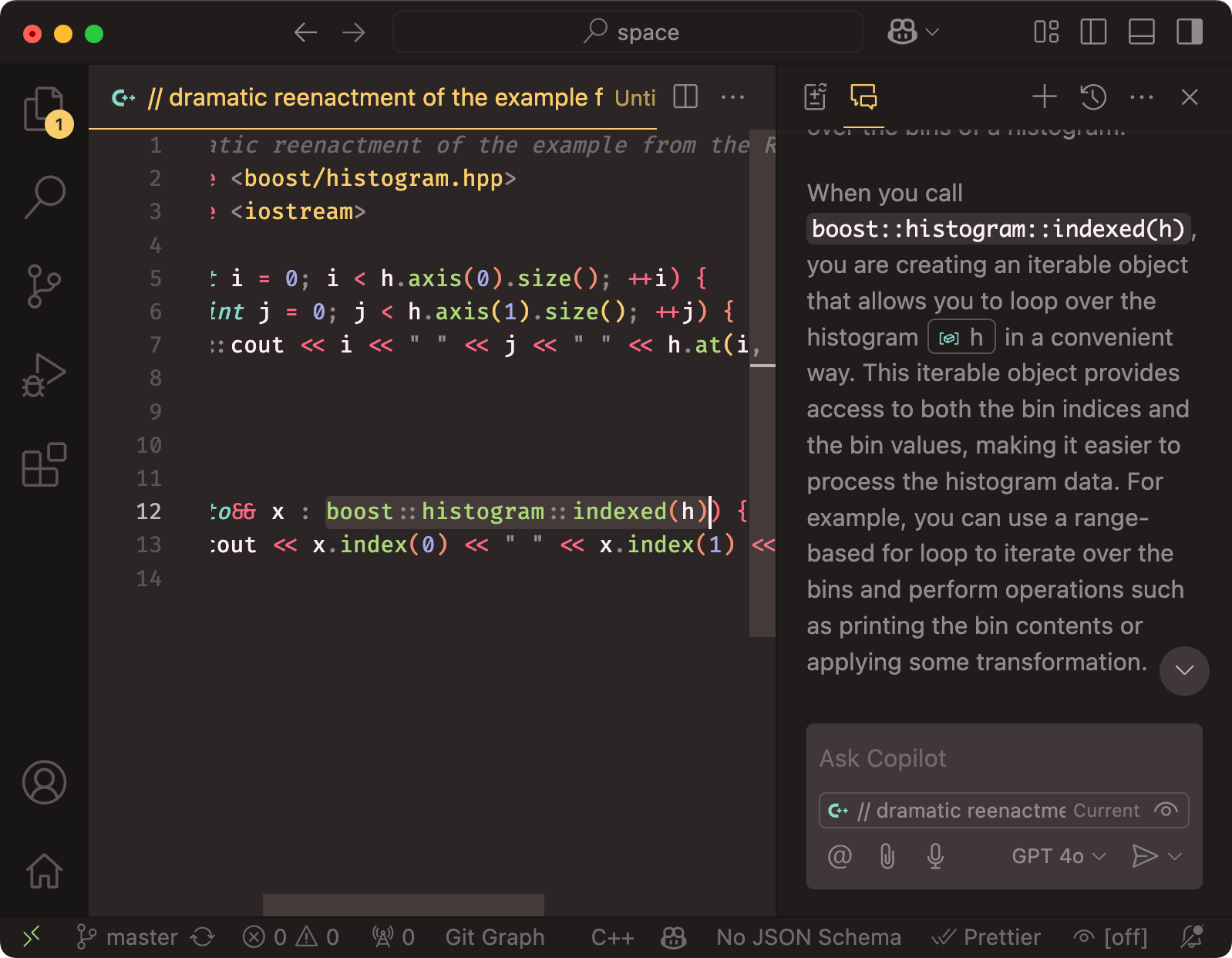
The Software Development Industry is experiencing a shift towards Generative AI and LLMs like GPT-4, which are being utilized by companies such as Microsoft and Google for creating code and automating tasks. This trend is disrupting traditional software development practices and is expected to impact software development companies and their products in the coming years.
Read more
The article discusses the use of Convolutional Neural Networks (CNNs) with attention mechanisms to detect deepfake videos, which are becoming increasingly prevalent in the Software Development Industry. Examples of companies utilizing deepfake detection technology include Microsoft, which developed a tool called CoATNet, and Facebook, which uses a combination of machine learning and human moderators to combat misinformation on their platform.
Read more
Generative AI technologies such as GPT-3 and LLMs are revolutionizing the software development industry by automating tasks like code generation, testing, and bug fixing. Companies like OpenAI and Reckonsys are leveraging these advancements to improve efficiency, reduce costs, and accelerate the development process for software development products.
Read more
DeepSeek AI is a platform that utilizes Generative AI to streamline the software development process for startups, with features like AI code generation, documentation, and software augmentation. By leveraging cutting-edge technologies like GPT-3 and Neural Networks, companies like Microsoft, Google, and Amazon are able to improve efficiency, reduce costs, and deliver higher quality products to consumers in the software development industry.
Read more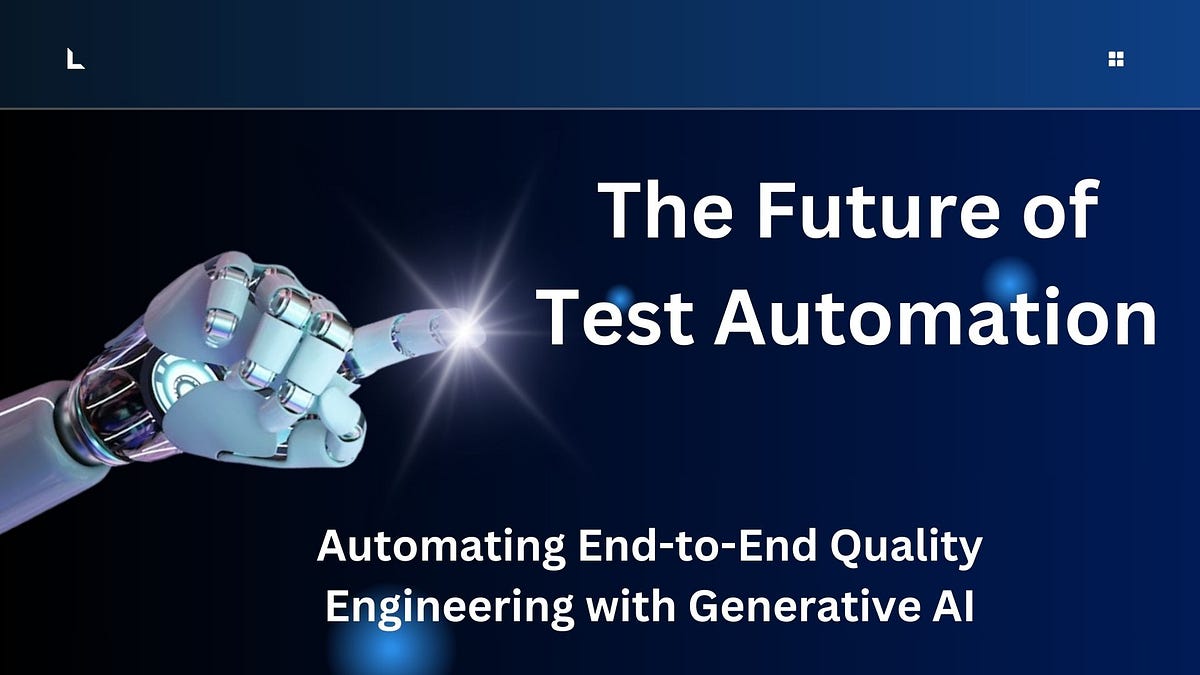
The use of Generative AI in the software development industry is revolutionizing test automation, with companies like mabl and Functionize leading the way in applying advanced AI algorithms to improve software testing efficiency and accuracy. By leveraging AI technologies such as Machine Learning and Neural Networks, software development companies are able to automate end-to-end quality engineering processes, resulting in faster product delivery and higher customer satisfaction.
Read more
Artificial Intelligence and Generative AI are revolutionizing software testing in the modern era. Companies like Mabl and Functionize are using AI and Machine Learning to automate test creation and maintenance, improving efficiency and accuracy in software development.
Read more
Artificial Intelligence, Machine Learning, and Natural Language Processing are revolutionizing the software testing industry, with companies like Applitools using AI to automate visual UI testing and improve test coverage, and Mabl utilizing machine learning to create self-healing tests. This shift towards AI-driven testing is enhancing the efficiency, accuracy, and scalability of quality assurance processes for software development companies, ultimately leading to improved products for consumers.
Read more
DeepSeek is a platform that uses artificial intelligence and deep learning to revolutionize coding practices, offering advanced features like intelligent code completion, code summarization, and code similarity. This AI-powered tool helps software development companies like Google, Microsoft, and Facebook enhance their productivity by providing more efficient coding solutions through natural language processing and neural networks.
Read more
Artificial Intelligence and Machine Learning technologies are revolutionizing the software development industry, enhancing security measures, improving library management systems, and optimizing end-of-life processes. Companies like Deep Instinct are utilizing AI for cybersecurity, while Arria NLG is using Natural Language Generation for data analysis and reporting, showing the significant impact of these technologies on software development products and consumers.
Read more
AI and machine learning technologies are being used in the sports industry to enhance player performance, coaching strategies, and fan engagement. For example, the company Second Spectrum uses computer vision and deep learning algorithms to analyze basketball games and provide insightful data for teams like the Los Angeles Clippers, while Zebra Technologies uses RFID chips and AI to track player movement in football games to improve training and decision-making processes.
Read more
Escored.com utilizes Artificial Intelligence and Machine Learning to provide football predictions and betting insights to sports fans and bettors. By leveraging advanced technologies such as Generative AI, LLMs, and NLP, Escored.com offers innovative solutions for the sports industry, demonstrating the impact of Neural Networks and Computer Vision in revolutionizing sports companies and consumer experiences, such as providing accurate match predictions and analysis for popular football leagues like the English Premier League.
Read more
Artificial intelligence and machine learning technologies are being used in the sports industry to enhance training techniques and provide valuable insights for athletes like in boxing with the NeuroSwing AI system that analyzes a boxer's movements to improve technique. Companies such as ISL (Interactive Sports Learning) are utilizing AI and computer vision to assess player performance in real-time and provide personalized feedback for sports product consumers looking to improve their skills.
Read more
Artificial intelligence, machine learning, and natural language processing are being used by sports companies like DraftKings and FanDuel to improve sports betting apps, providing personalized recommendations and real-time updates to sports product consumers. These technologies are helping to enhance user experience, increase engagement, and drive revenue growth in the sports industry.
Read more
Artificial Intelligence and Machine Learning technologies are being used in the sports industry to predict and prevent injuries among rugby players. Examples include Kitman Labs, a company utilizing data analytics and AI to optimize athlete performance and reduce injury risks, and Catapult Sports, which employs wearable technology to monitor and prevent injuries in athletes.
Read more
Artificial Intelligence and Machine Learning technologies are revolutionizing the sports industry, with companies like STATS using AI to provide advanced analytics for teams and athletes, while Satisfi Labs is utilizing AI-powered chatbots to enhance fan engagement and customer experiences. Additionally, Neural Networks and Computer Vision are being used by companies like Catapult Sports to track player performance and provide valuable insights for improving training and game strategies in the sports industry.
Read more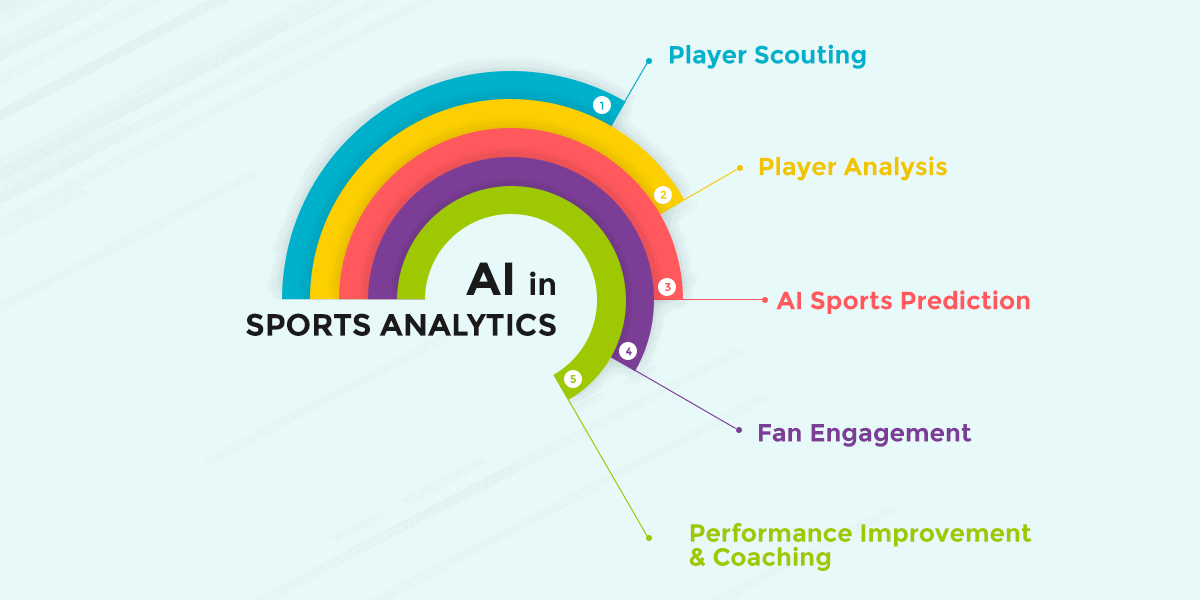
AI technologies such as machine learning, deep learning, and natural language processing are being used in the sports industry for performance analysis, injury prediction, and fan engagement. Companies like Zebra Technologies and Second Spectrum are utilizing computer vision and AI algorithms to track player movements in real-time, while SportsCastr is using AI for engaging fans through personalized content.
Read more
X Games is utilizing AI technology developed by Intel to revolutionize judging in the halfpipe event by analyzing athletes' runs and providing real-time scores based on various factors including amplitude, difficulty, execution, and variety. This initiative aims to enhance objectivity, transparency, and consistency in judging while also optimizing viewer experience, creating a more engaging and fair competition for both athletes and fans.
Read more
Artificial Intelligence and Machine Learning are revolutionizing the sports industry, with companies like Hyperice and Whoop using AI to create personalized training programs for athletes. Additionally, advancements in Natural Language Processing and Computer Vision are improving fan engagement and scouting processes for teams like the Golden State Warriors and the Los Angeles Rams.
Read more
EMG, Gravity Media Italy, and Vodafone have joined forces for an innovative sports analysis and fan engagement project called 5VReal. Through the use of Artificial Intelligence, Machine Learning, and Computer Vision, this project aims to provide real-time data and insights to sports companies and consumers, enhancing the overall viewing experience. Specific examples include creating virtual stadiums using LLMs and implementing advanced graphics solutions with GPT technology.
Read more
Prime Video is utilizing Artificial Intelligence to enhance the viewer experience of NFL games by providing Next Gen Stats such as player speed and route tracking. This innovative use of technology is revolutionizing the way sports fans engage with the game, as seen with the implementation of Amazon's X-Ray feature during Thursday Night Football broadcasts, providing real-time stats and insights for viewers like never before.
Read more
Pandascore has introduced a new AI-powered product called Storybuilder that uses Generative AI to create personalized narratives for sports fans, enhancing user engagement and experience. This innovative technology leverages Natural Language Processing to analyze vast amounts of data from the world of sports, providing companies like DraftKings with valuable insights to better connect with their audience and drive business growth.
Read more
Artificial Intelligence technology, specifically Computer Vision and Machine Learning, is being used to improve decision-making in boxing matches by analyzing video footage to detect illegal blows and potentially reduce controversial calls. The Korean company Mobidic has developed an AI system called FightPicks that uses Neural Networks to predict the outcomes of fights, providing valuable insights for sports betting companies and enhancing the fan experience.
Read more
Artificial Intelligence is being used to create comedic highlights of tennis matches at the Australian Open by turning them into animations reminiscent of Nintendo Wii Tennis. This innovative use of AI technology is enhancing the viewing experience for sports fans and demonstrating the potential applications of AI in the sports industry, with companies like IBM and Infosys leading the way through their AI-powered solutions.
Read more
PerfectLineup is using AI-powered technology to provide fantasy cricket predictions to sports enthusiasts, leveraging Machine Learning and Natural Language Processing to analyze player performance and predict outcomes. By utilizing deep learning algorithms and neural networks, companies like PerfectLineup are revolutionizing the sports industry and enhancing the experience for sports product consumers, such as fantasy cricket players, by offering accurate insights and predictions based on data-driven analysis.
Read more
AI technology is revolutionizing the sports industry, with examples such as Borussia Dortmund using WSC Sports' AI platform to create personalized videos for social media engagement, and Ligue 1 leveraging AI-powered automated video production. Through the use of machine learning and computer vision, sports companies are able to enhance fan experience and cater to the demands of sports product consumers in a more efficient and personalized manner.
Read more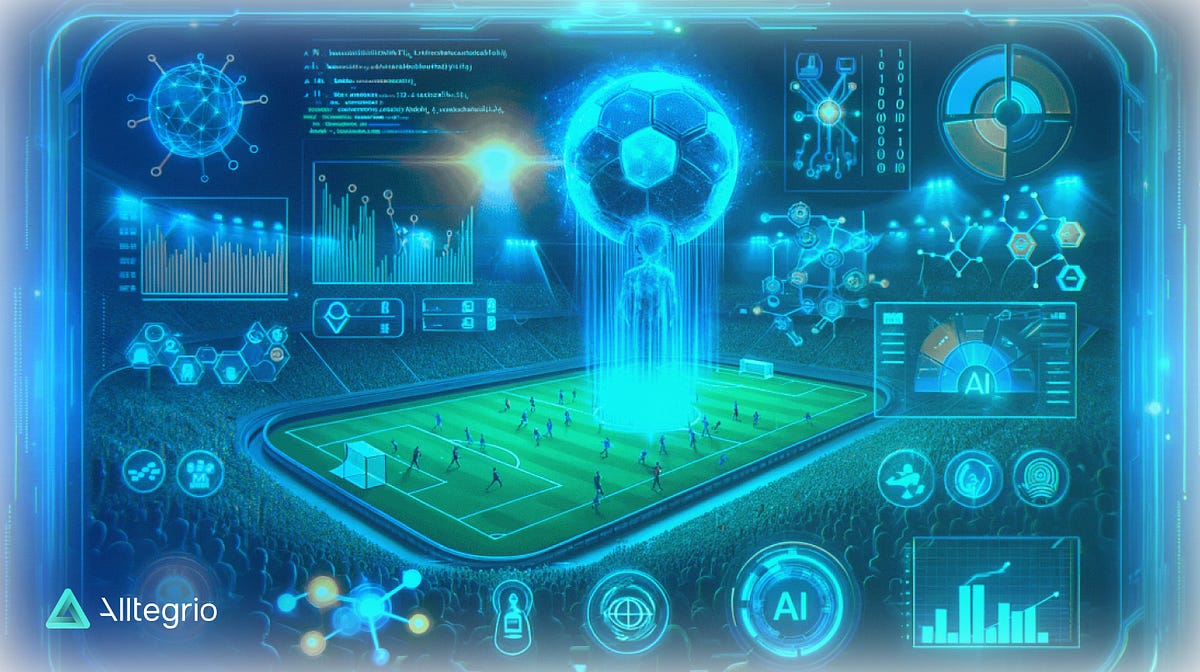
AI and Machine learning technologies are being used by sports companies like FanDuel and DraftKings to improve betting experiences for consumers by offering personalized recommendations and real-time data analysis. These technologies are also being harnessed by companies like Sportradar to detect fraudulent activities and ensure the integrity of sports betting.
Read more
Artificial Intelligence and data analytics are revolutionizing the sports industry, with companies like Sportlogiq using machine learning to provide detailed insights into player performance and tactics for teams like the Montreal Canadiens. Through technologies such as Natural Language Processing and Computer Vision, AI is enabling sports companies to enhance fan engagement and deliver personalized experiences, as seen with the NBA's use of chatbots to interact with fans.
Read more
Artificial intelligence has been used to create the 'Greatest 11 in football/soccer history' by analyzing data from over 6,000 matches, with players like Lionel Messi and Cristiano Ronaldo making the cut. This demonstrates how AI technology is being utilized in the sports industry to gather insights and make data-driven decisions for sports companies and fans.
Read more
NASCAR is exploring the use of Artificial Intelligence to enhance future racing formats and engage fans in new ways. Through a partnership with Amazon Web Services, NASCAR plans to analyze data using machine learning to create personalized experiences for fans, such as individualized video feeds and content recommendations.
Read more
Playmaker is using AI-powered technology to revolutionize sports sponsorship by providing companies with valuable data on consumer behavior and preferences, allowing for more targeted and effective advertising strategies. Through machine learning algorithms and natural language processing, companies like Nike and Adidas are able to analyze social media trends and sentiment to identify opportunities for sponsorship and engagement with sports fans, ultimately enhancing their marketing efforts and maximizing ROI.
Read moreWould you like us to add an industry? Let us know
Would you like us to add a health topic? Let us know
Would you like us to add a profession? Let us know
Would you like us to add a location? Let us know

Create AI solutions up to 17x faster with our low-code development platform

Supercharge your workplace with a secure, private, local AI management application tailored to deliver enhanced business solutions.

Synchronize your workforce with an AI-driven management system that optimizes task delegation, and communication to empower frontline teams and boost productivity.






